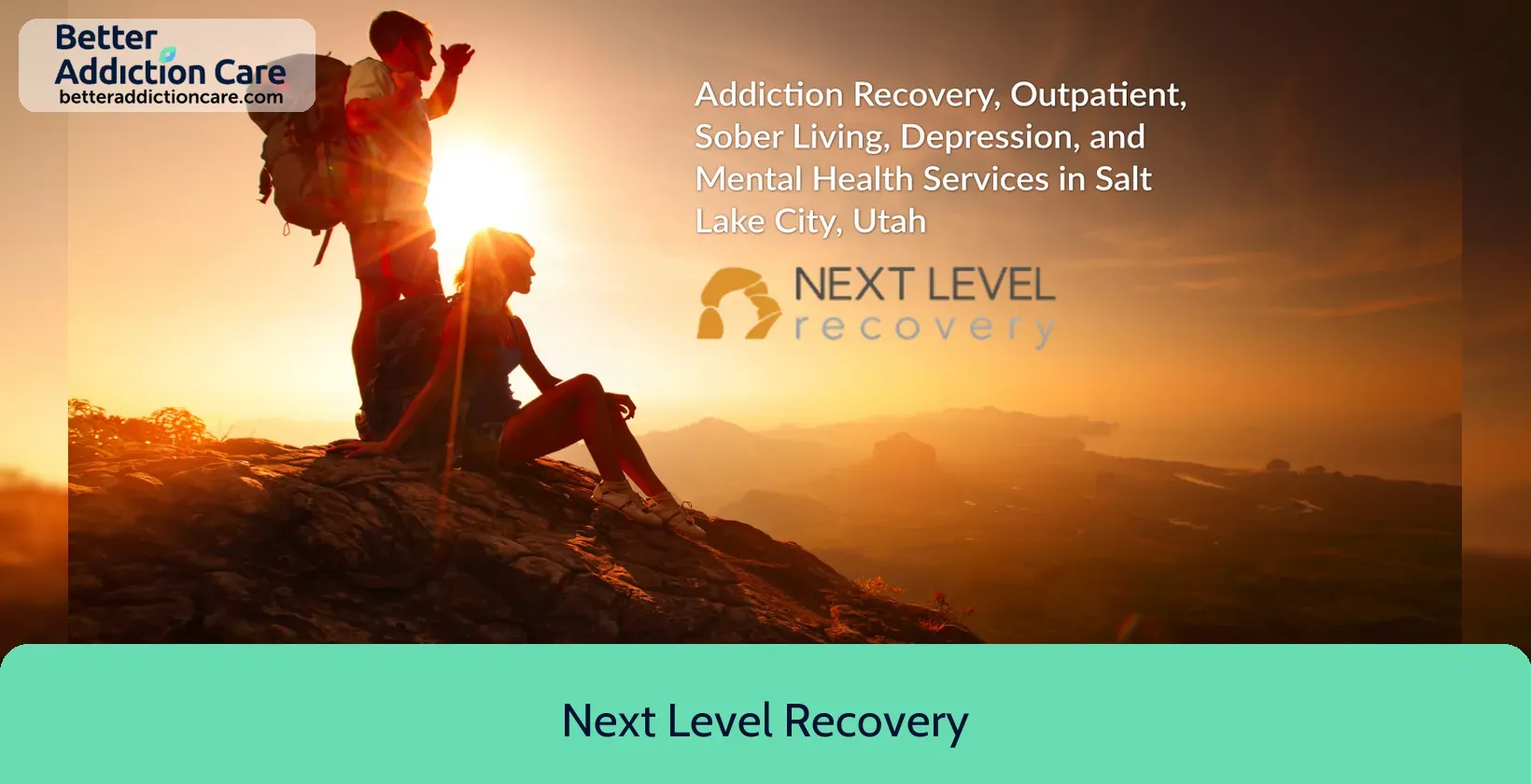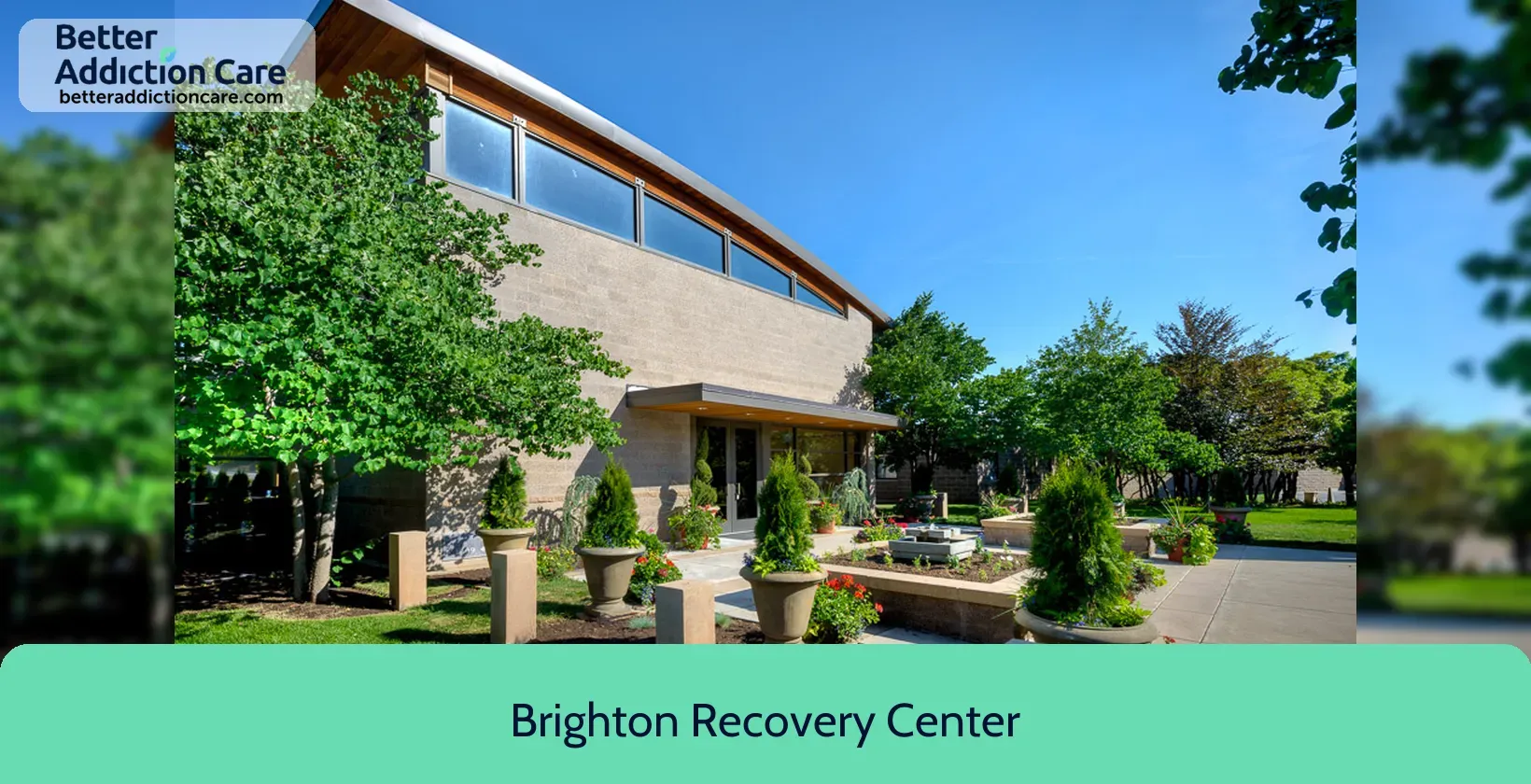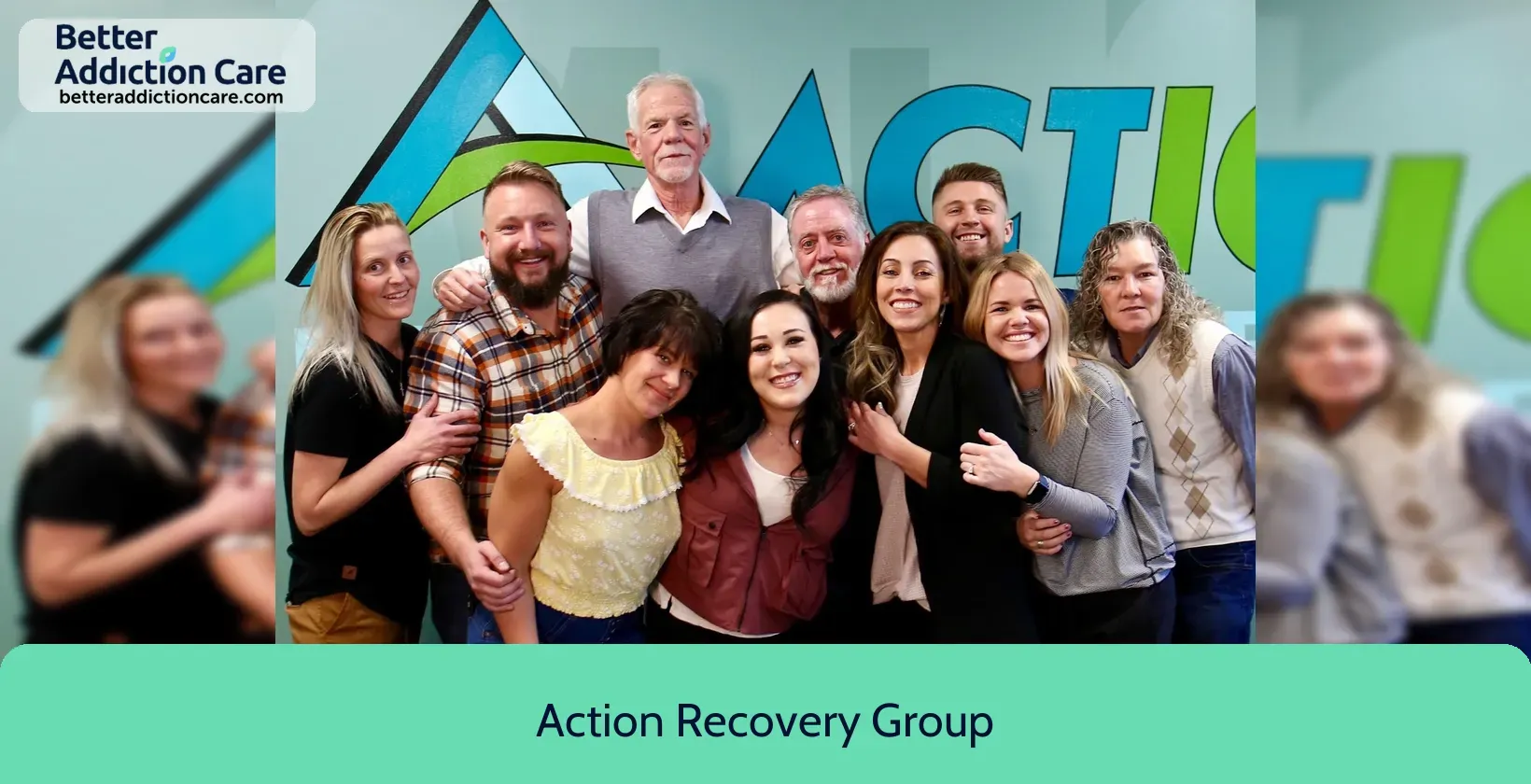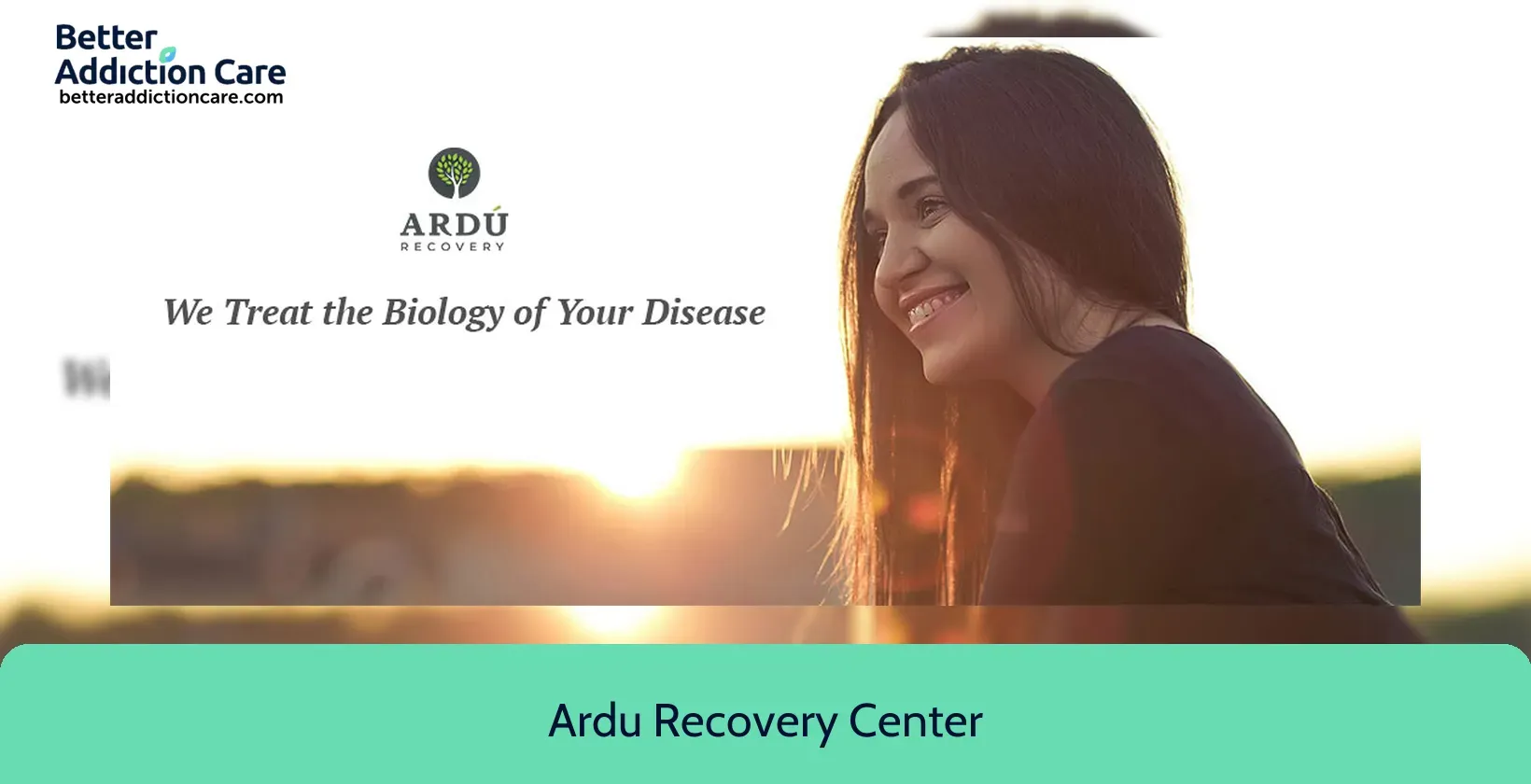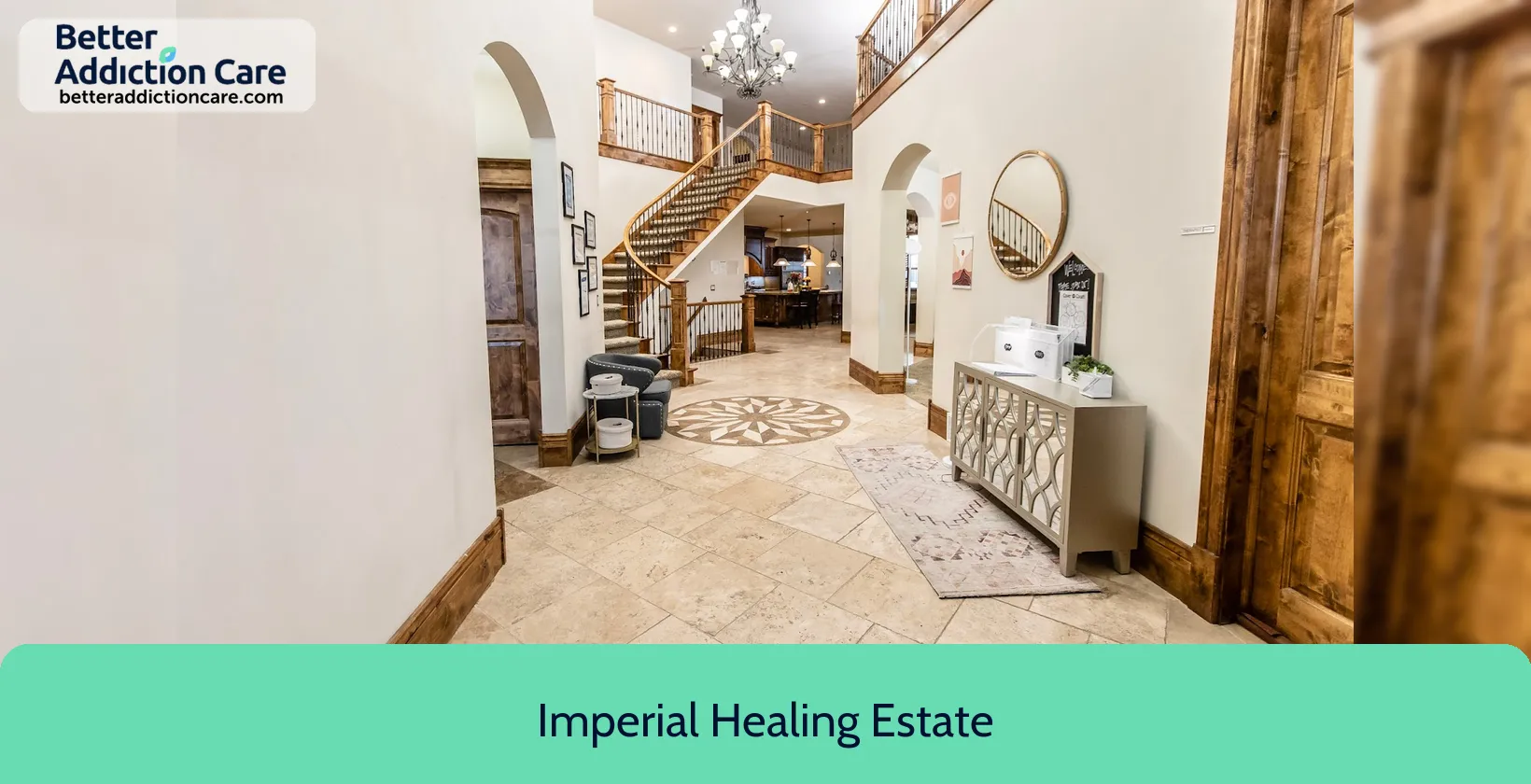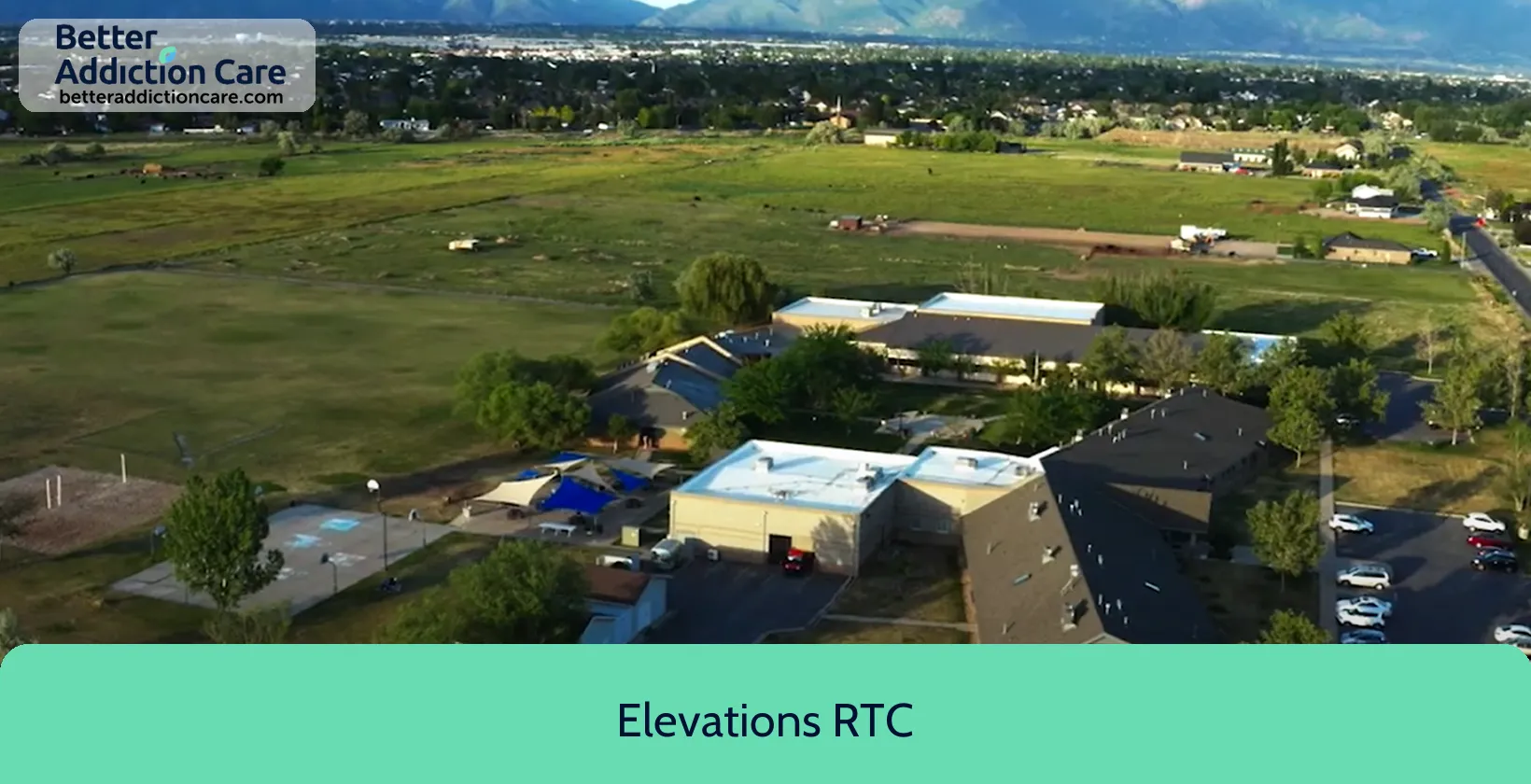355 Best Alcohol & Drug Rehabs in Utah 2025
Discover the top alcohol and drug rehab centers in Utah, United States. Explore 355 nearby treatment facilities providing inpatient, outpatient, and detox services.
Use filters to search by payment options, amenities, specialty programs, and more to find the perfect treatment for your unique situation.
355 Treatment Centers in Utah, US
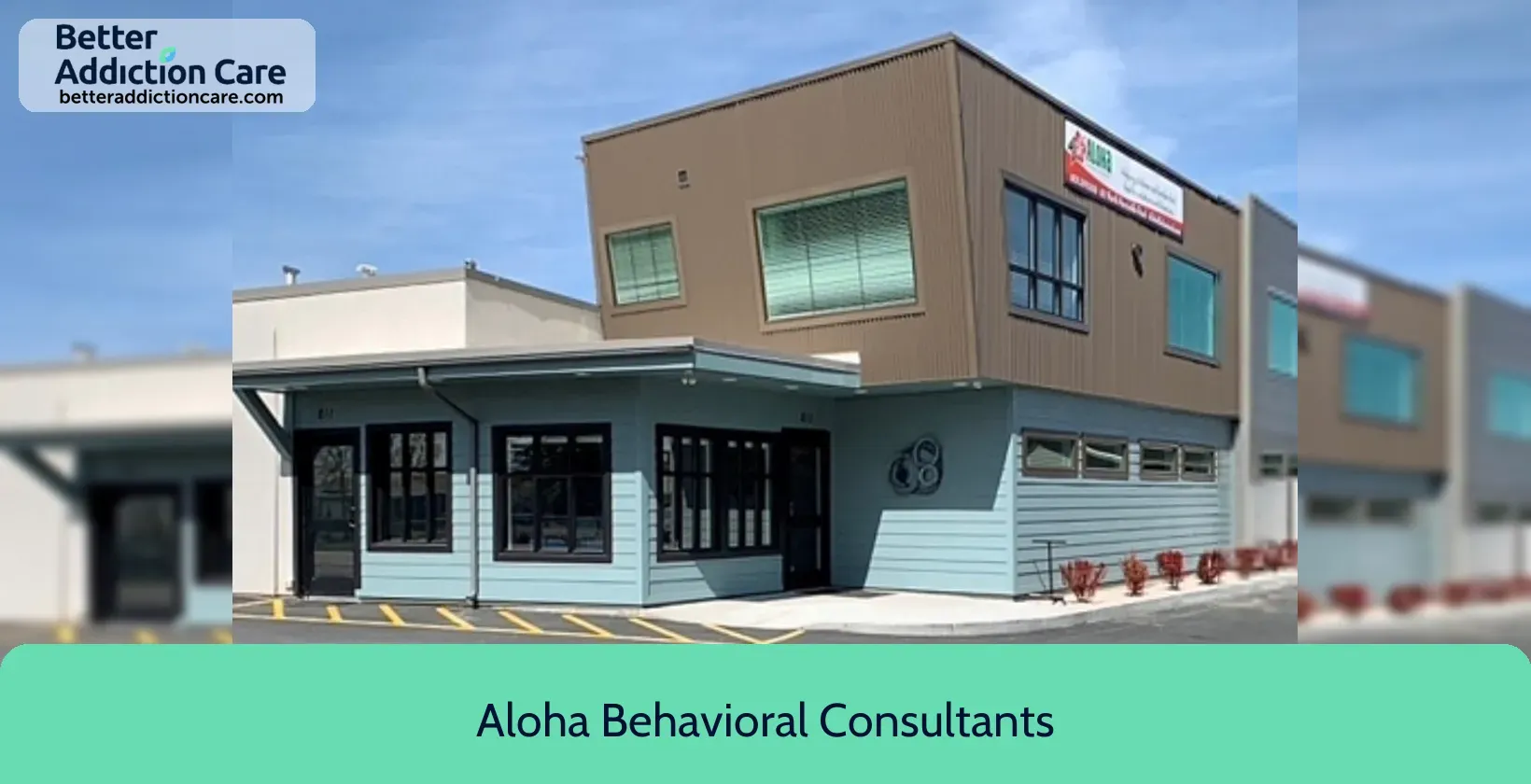
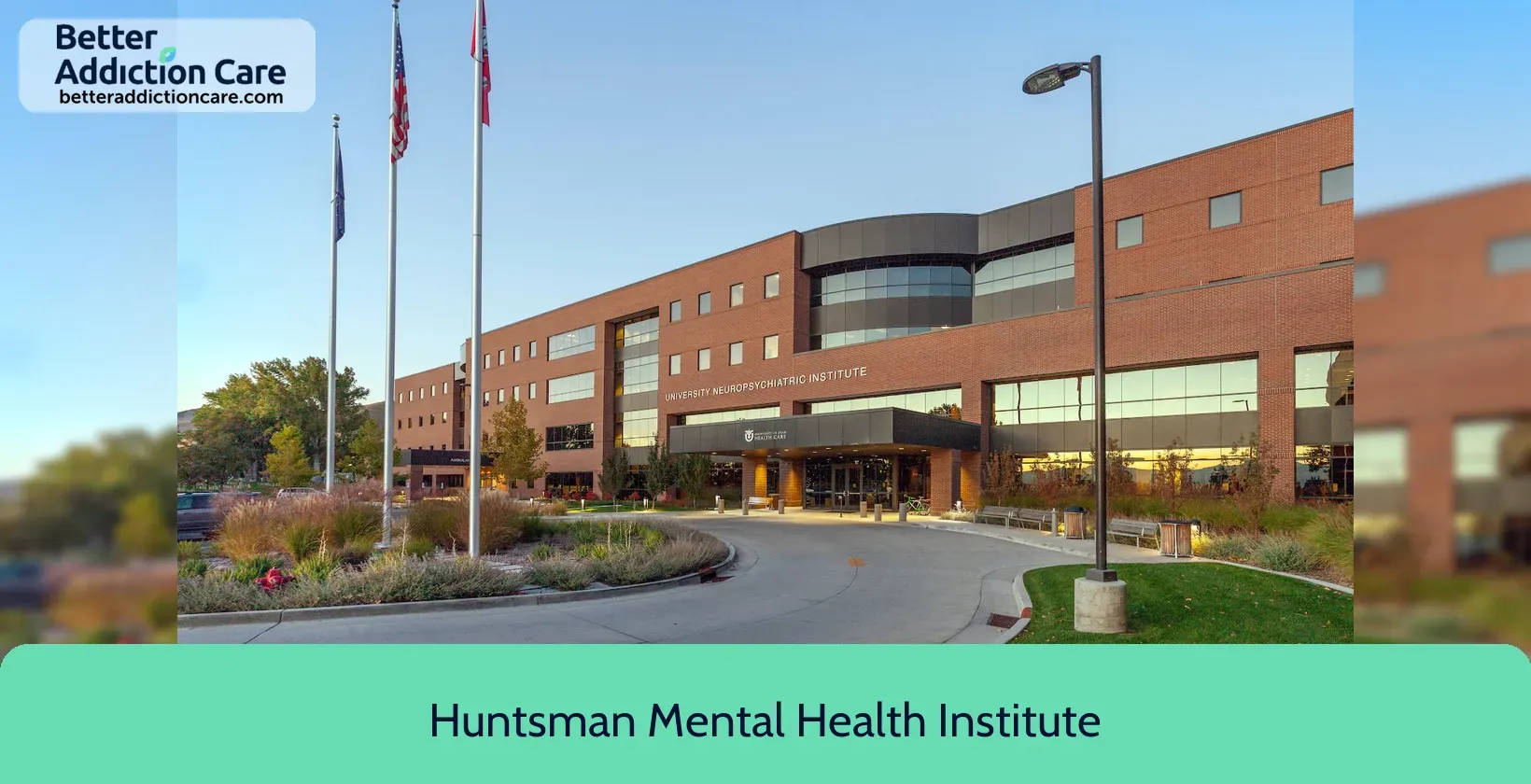

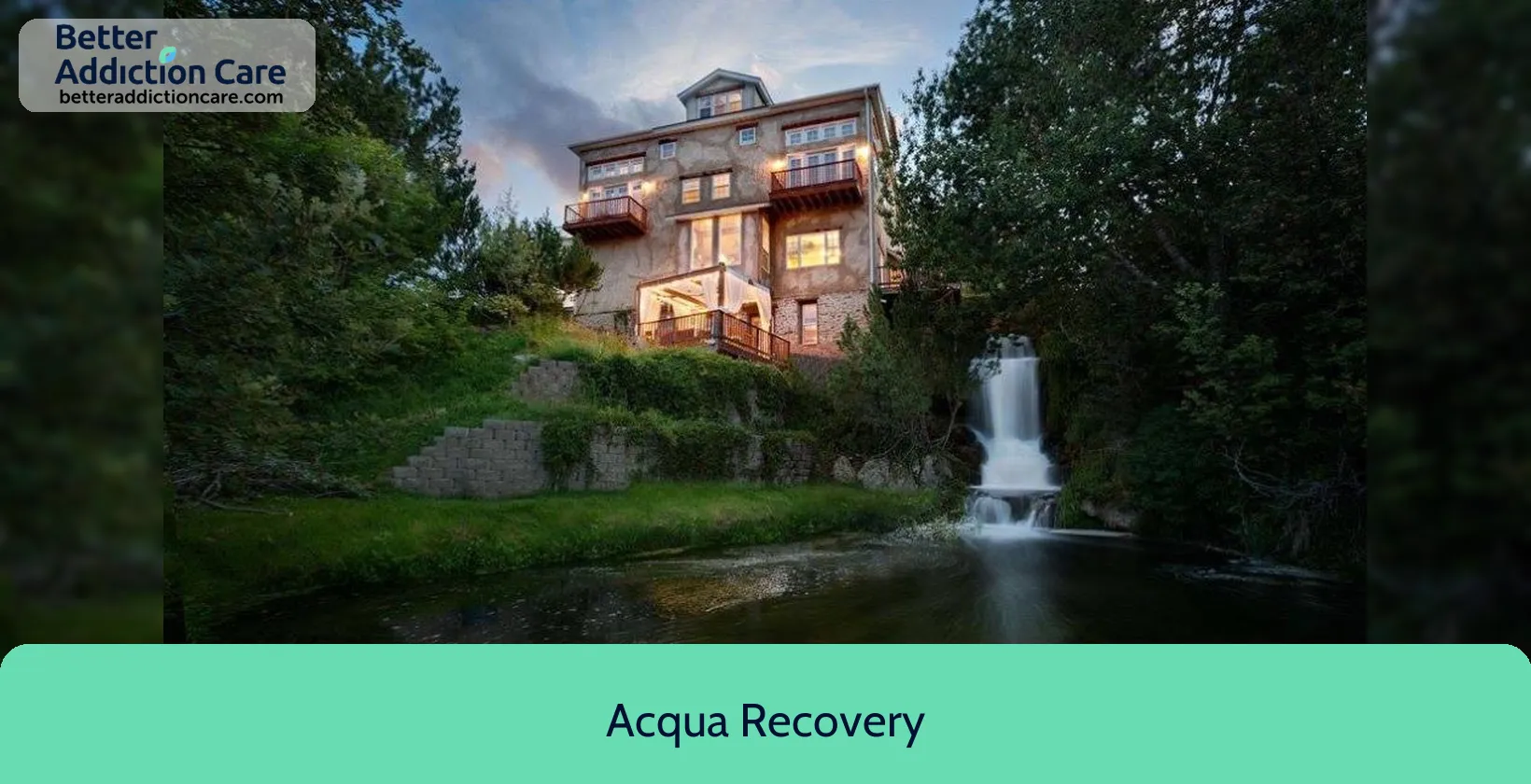
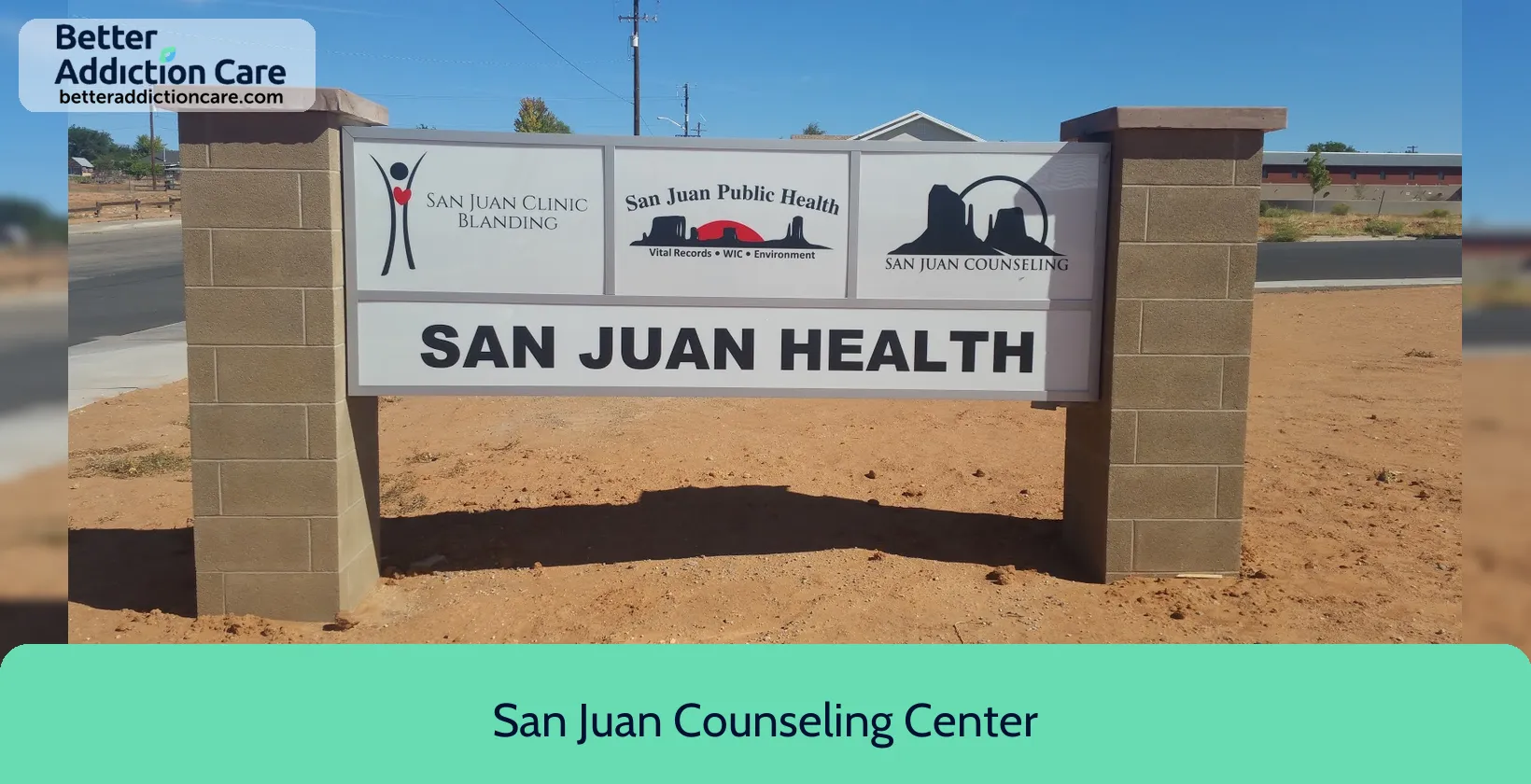
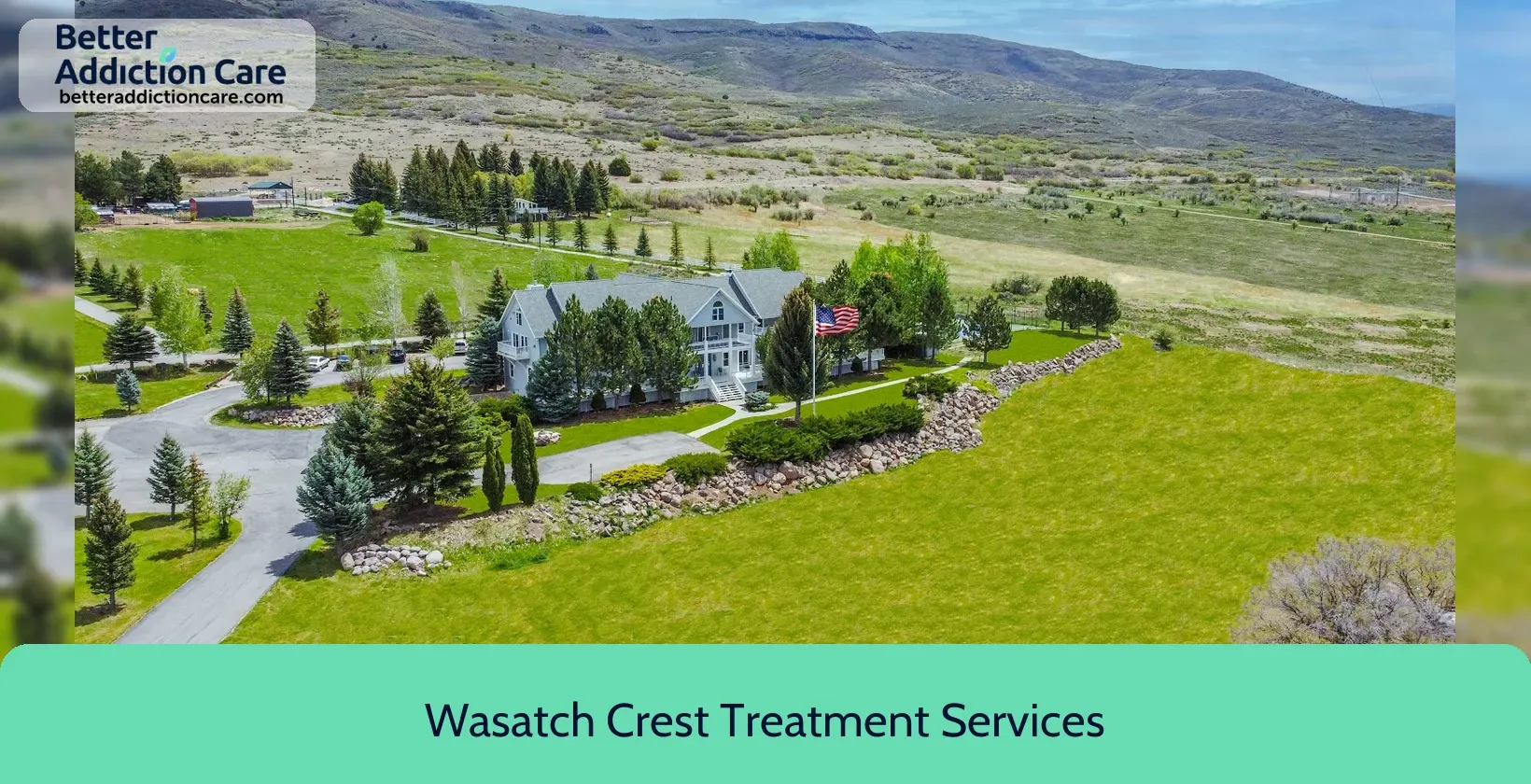

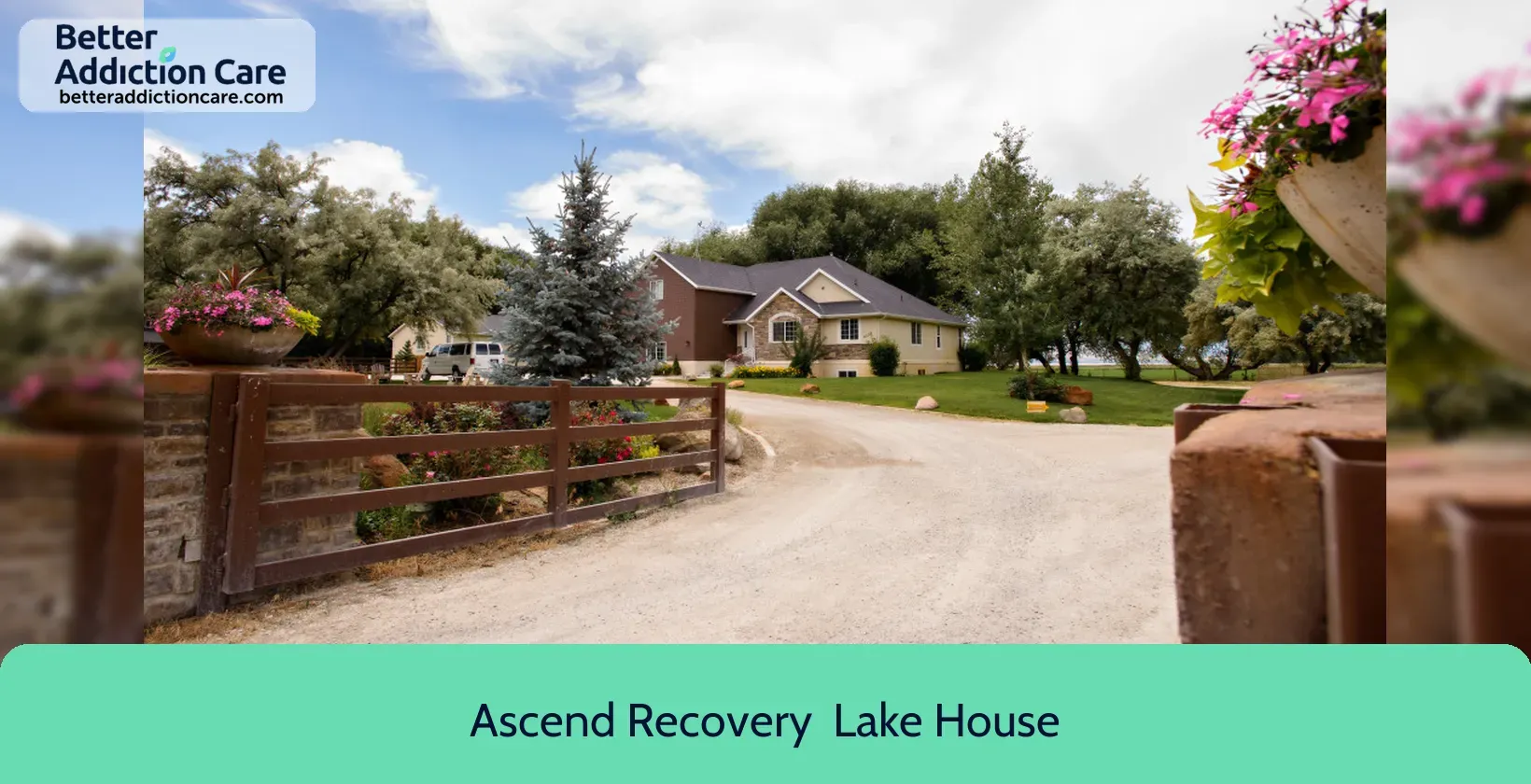
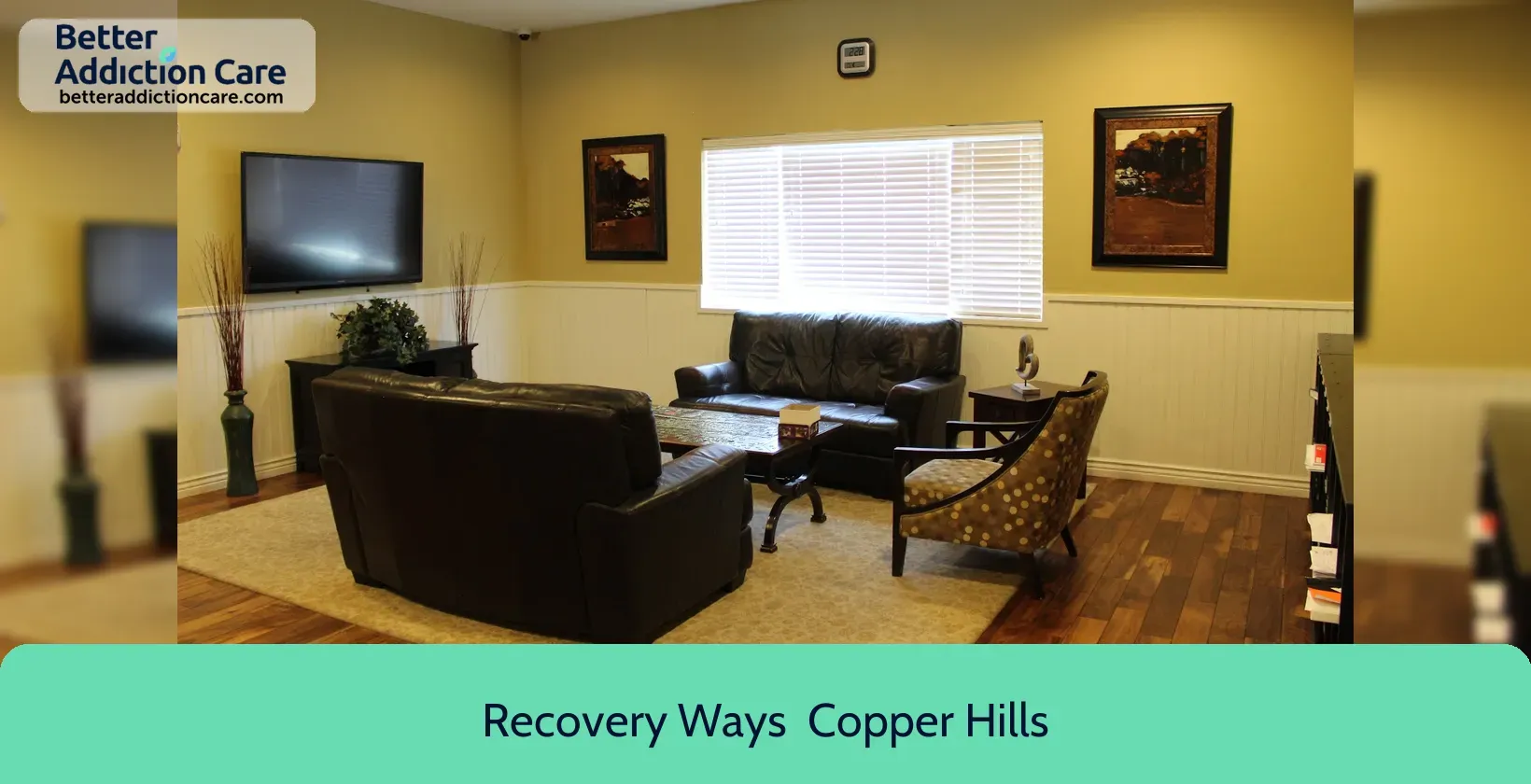

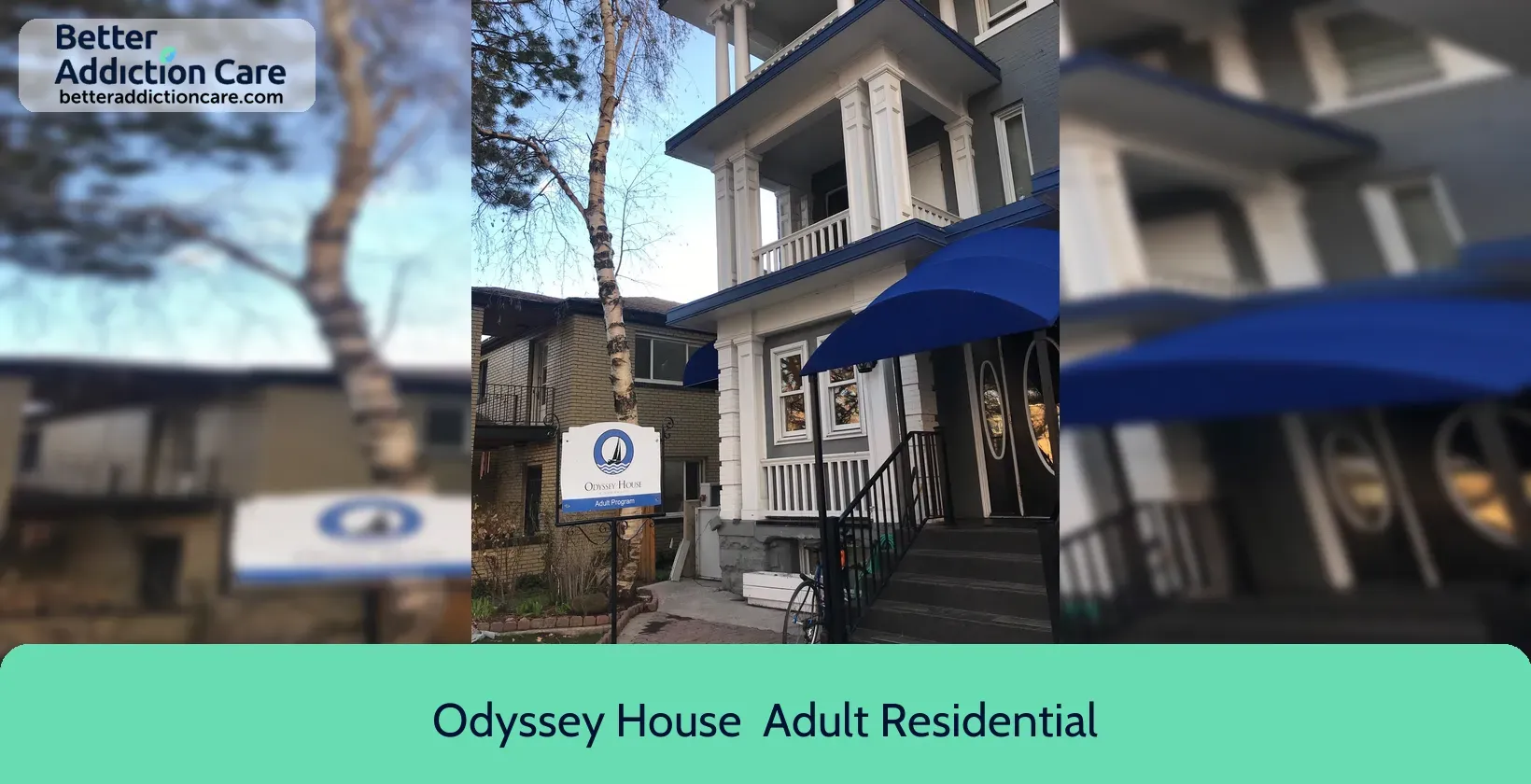
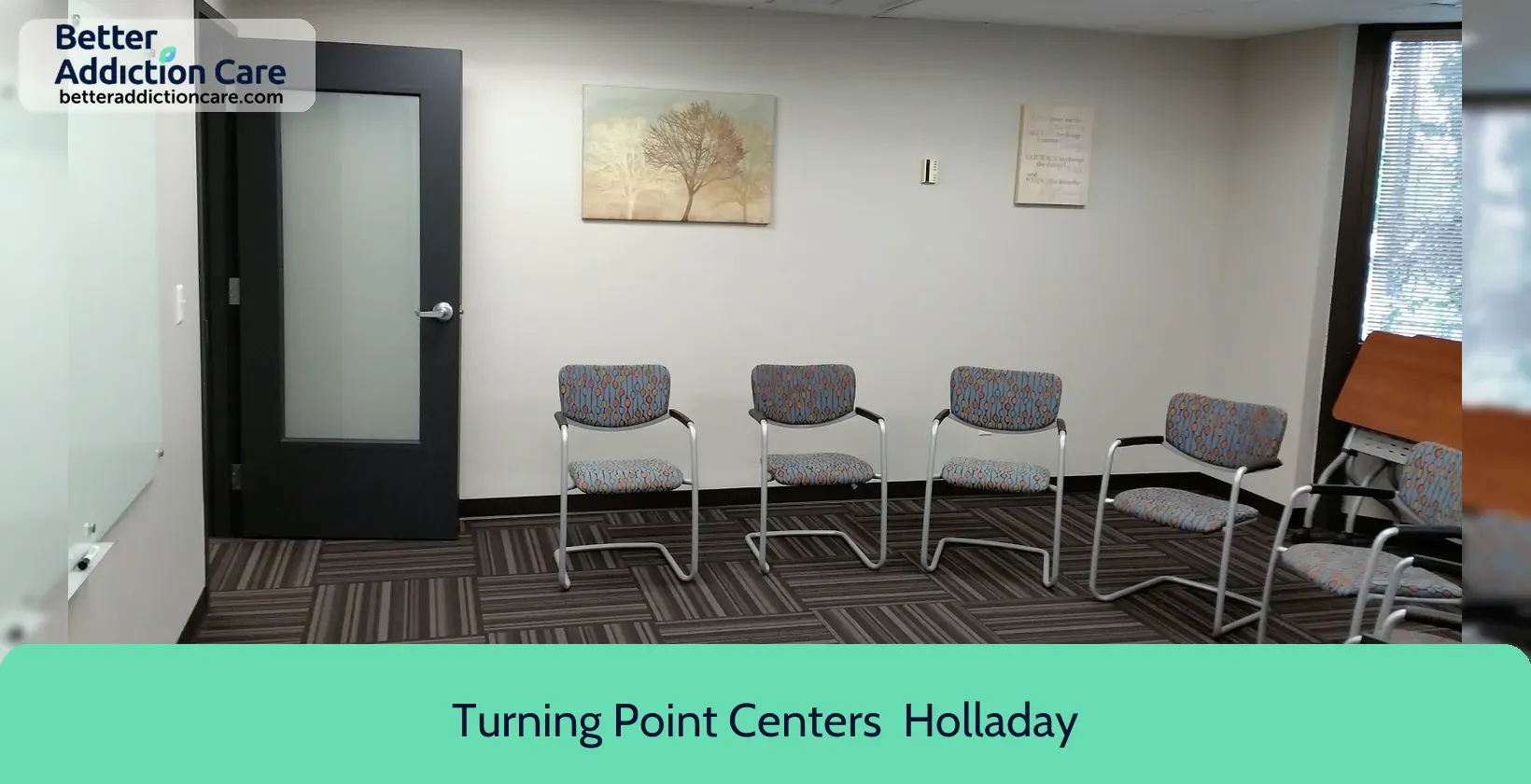

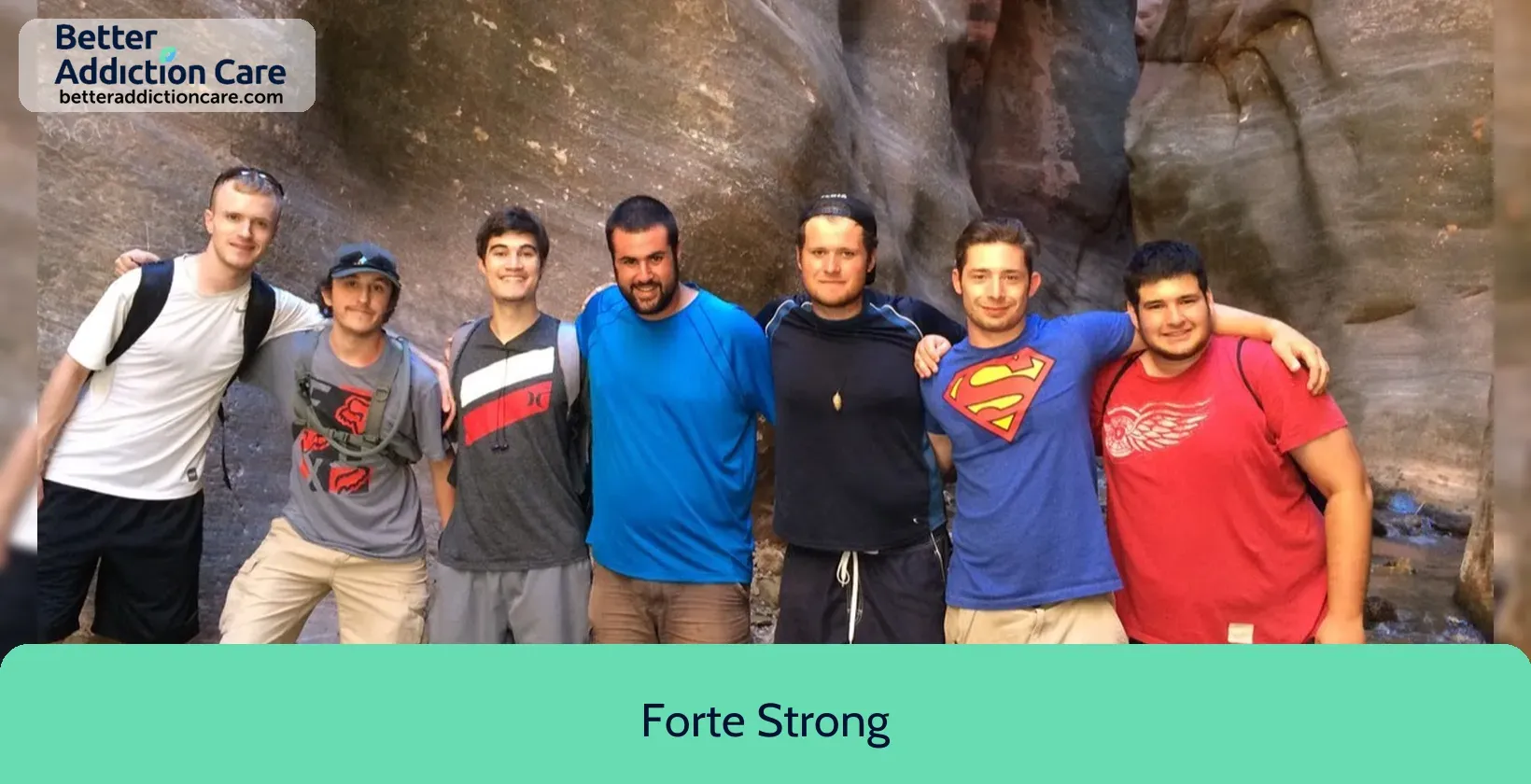
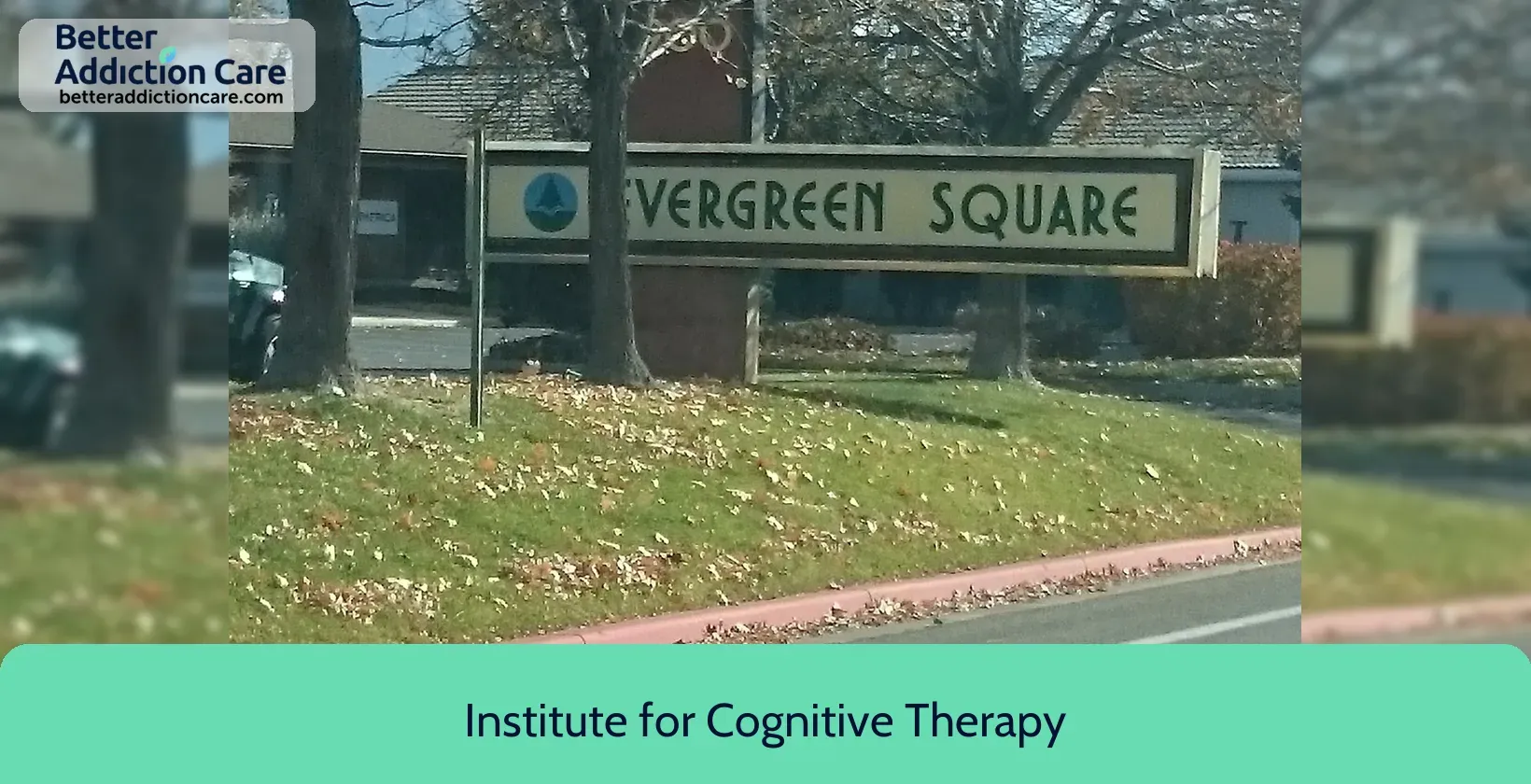

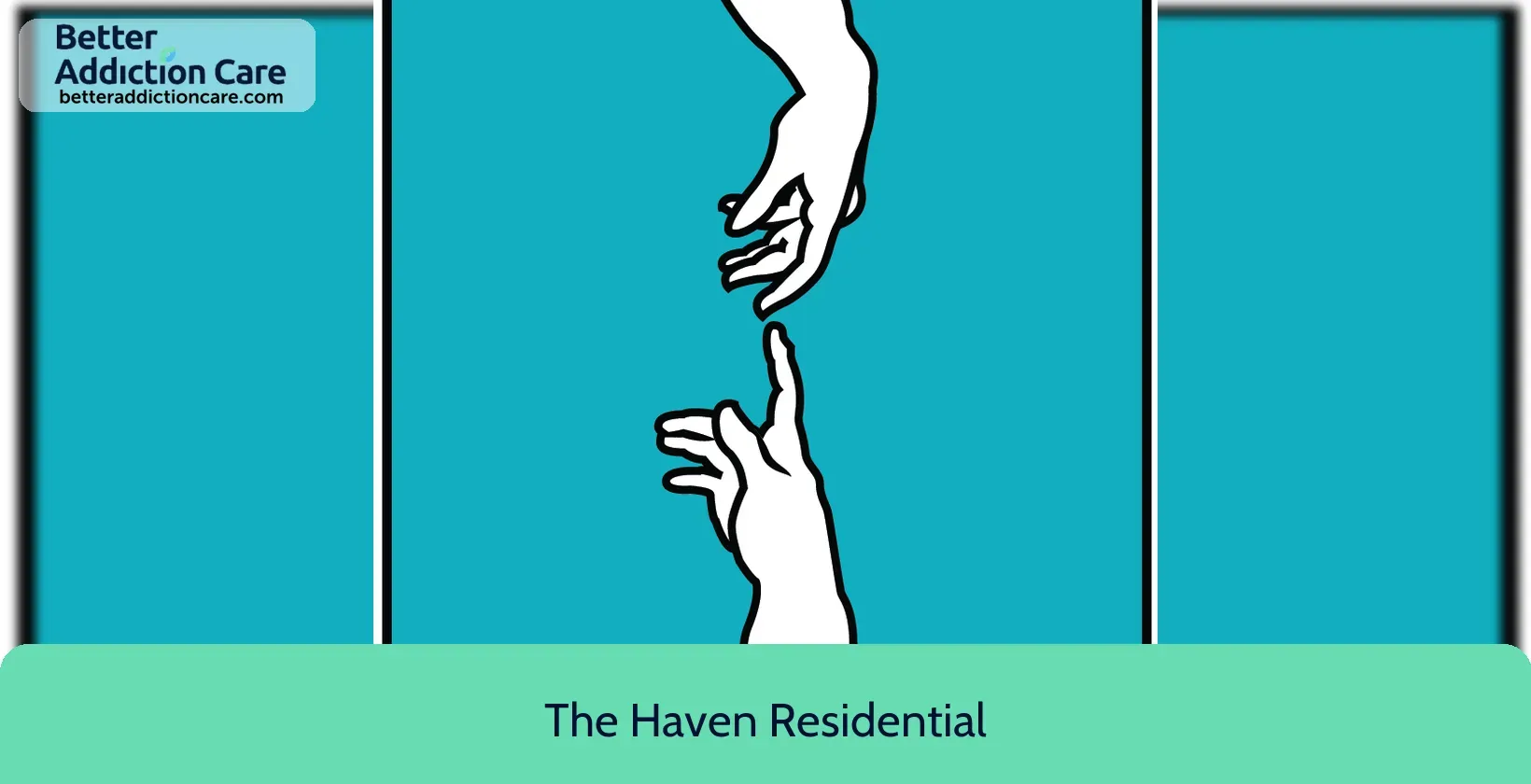
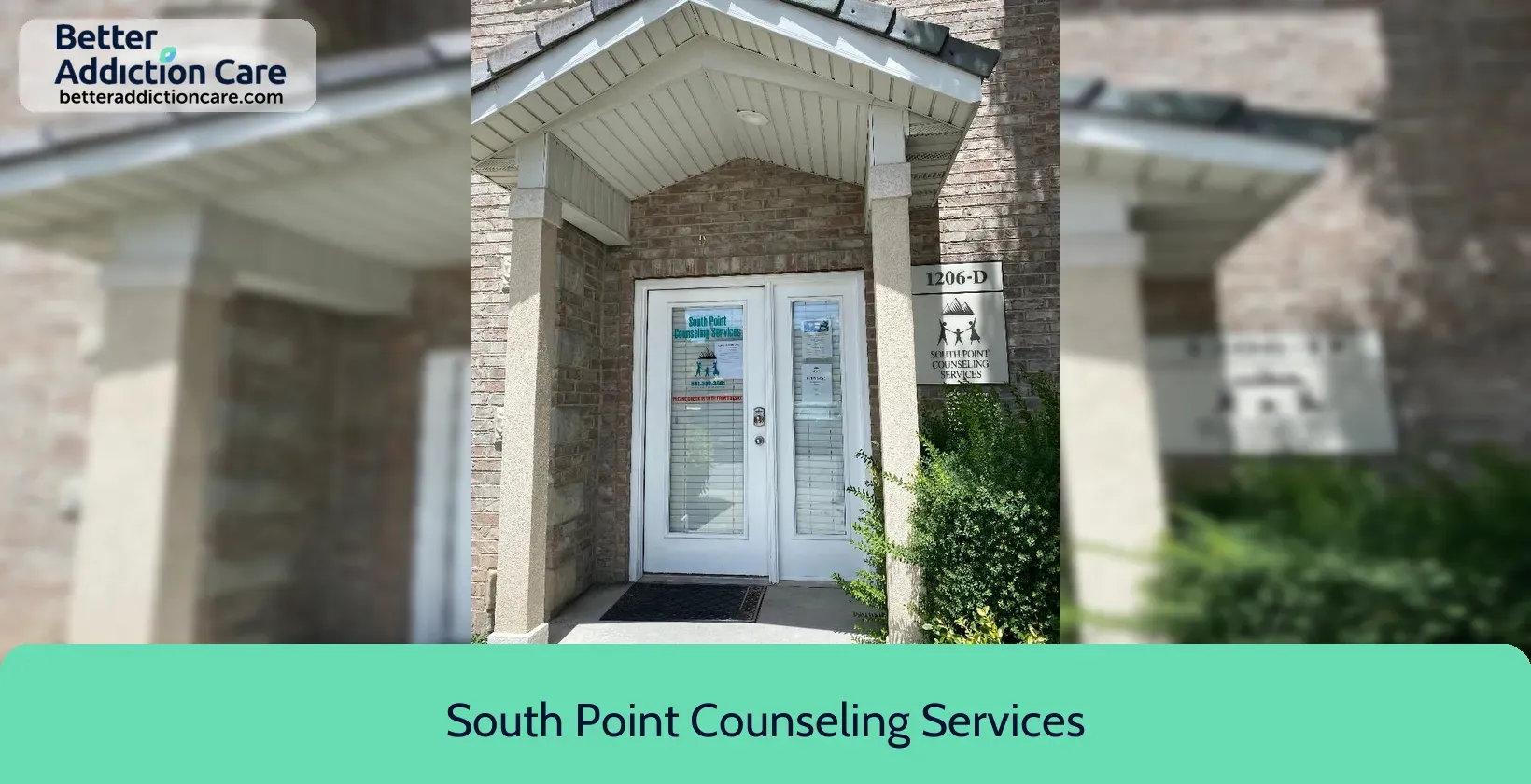


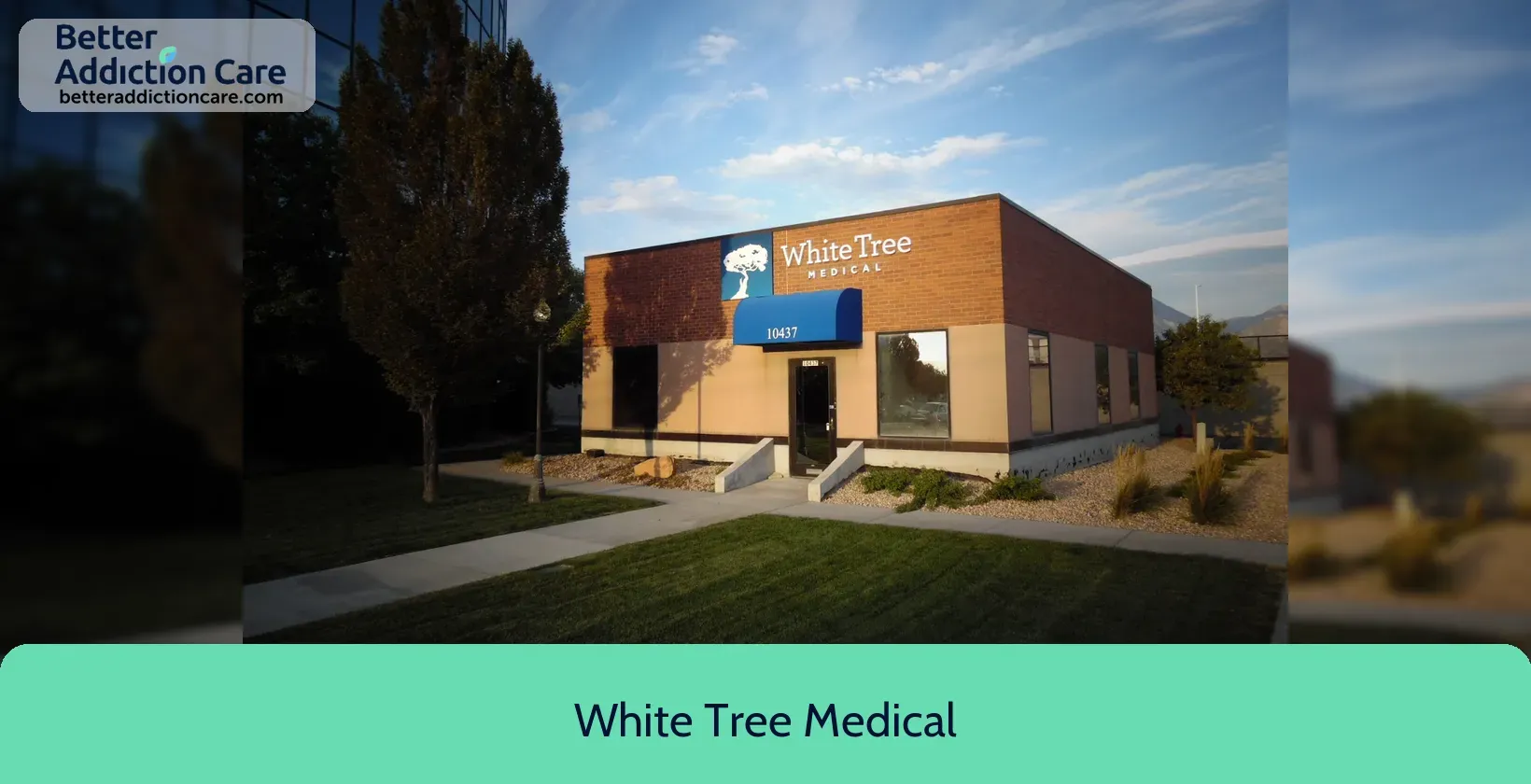
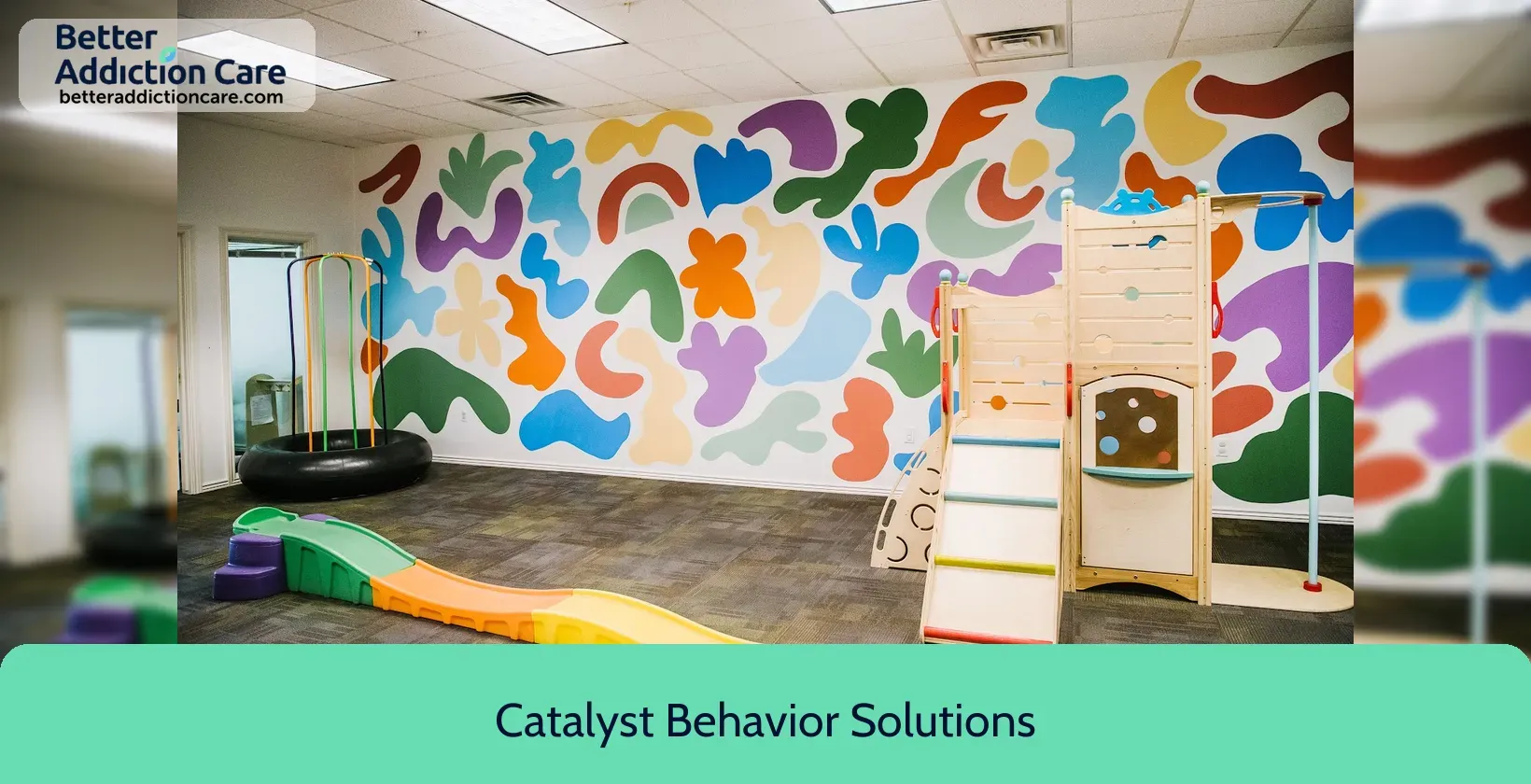
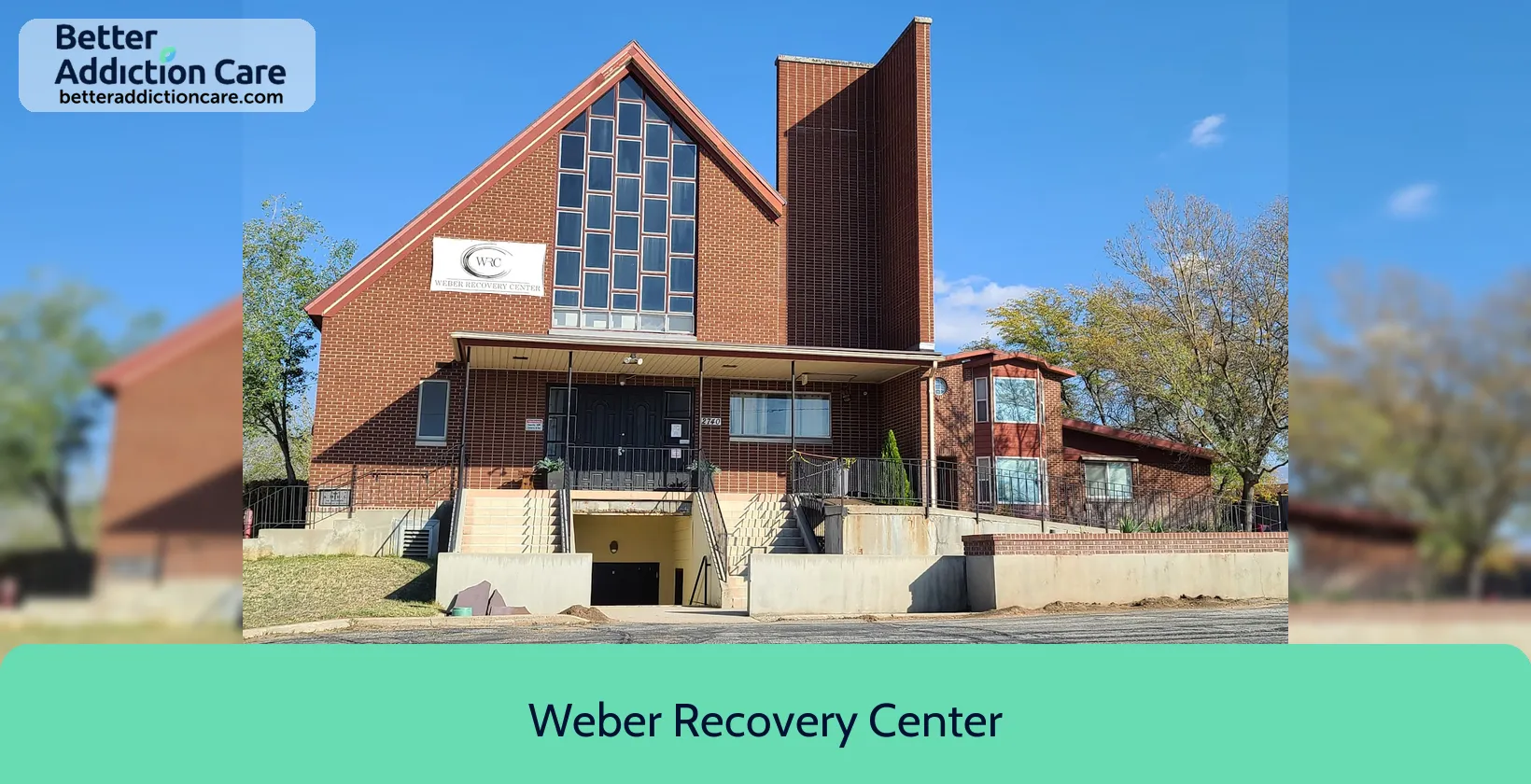

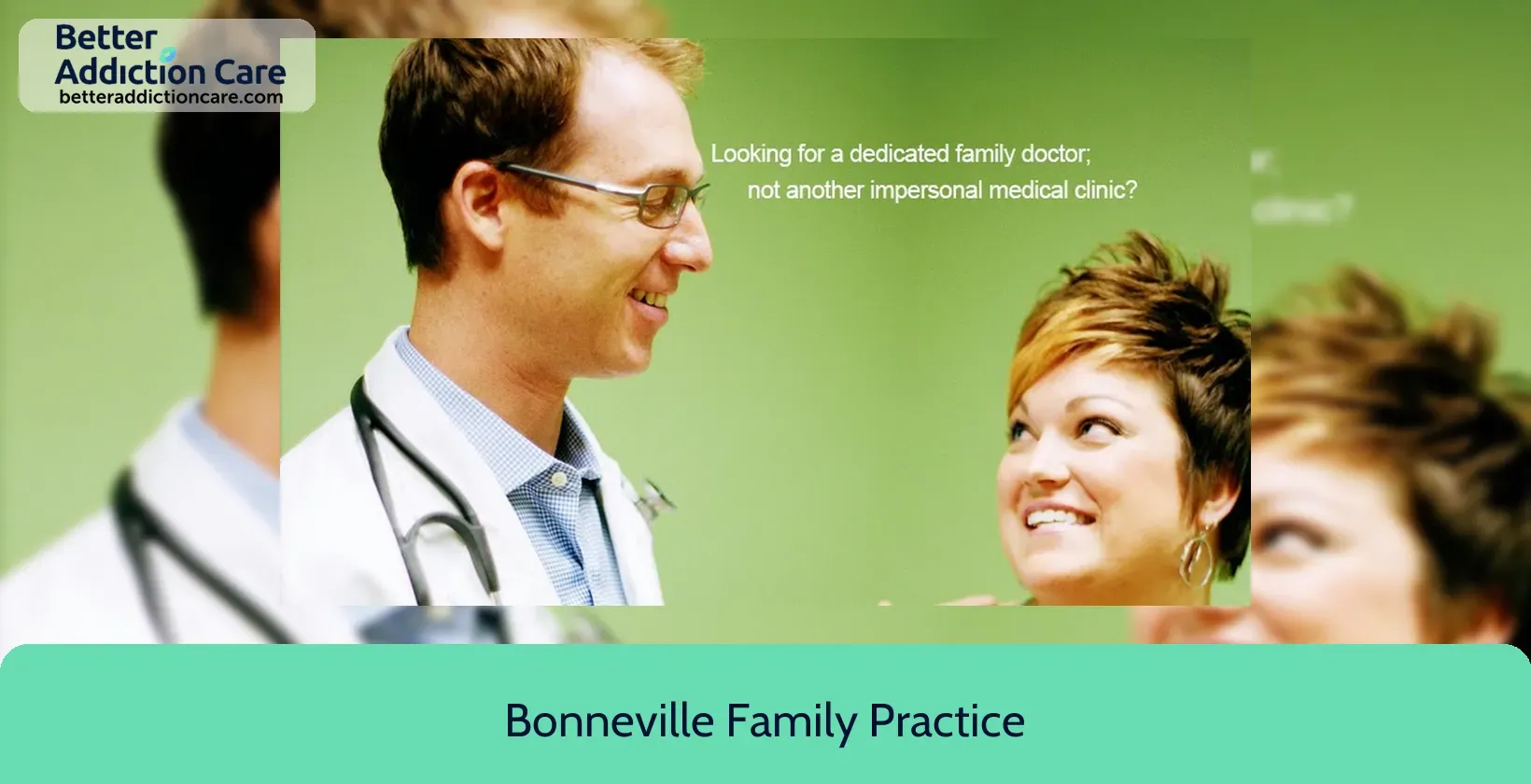

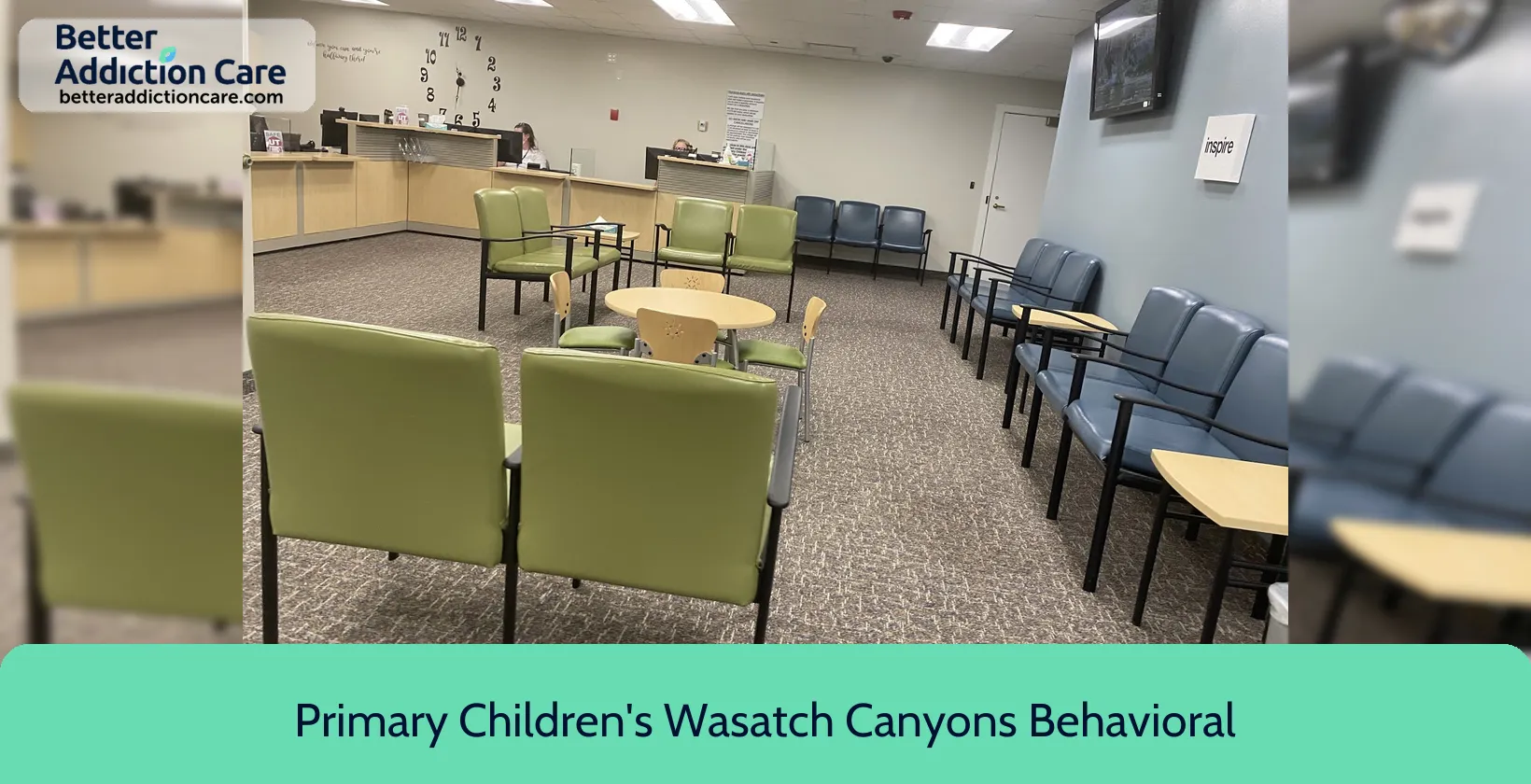
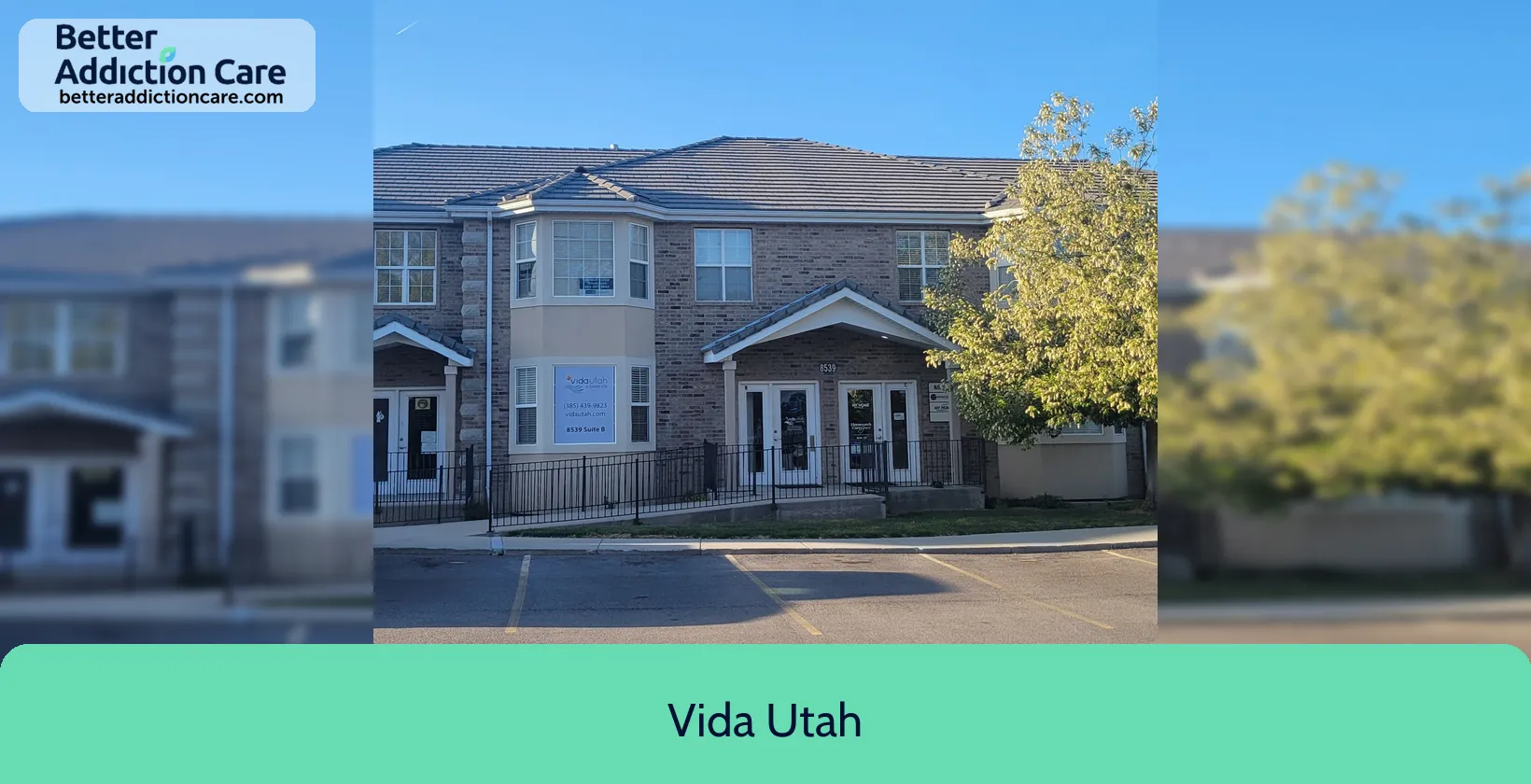
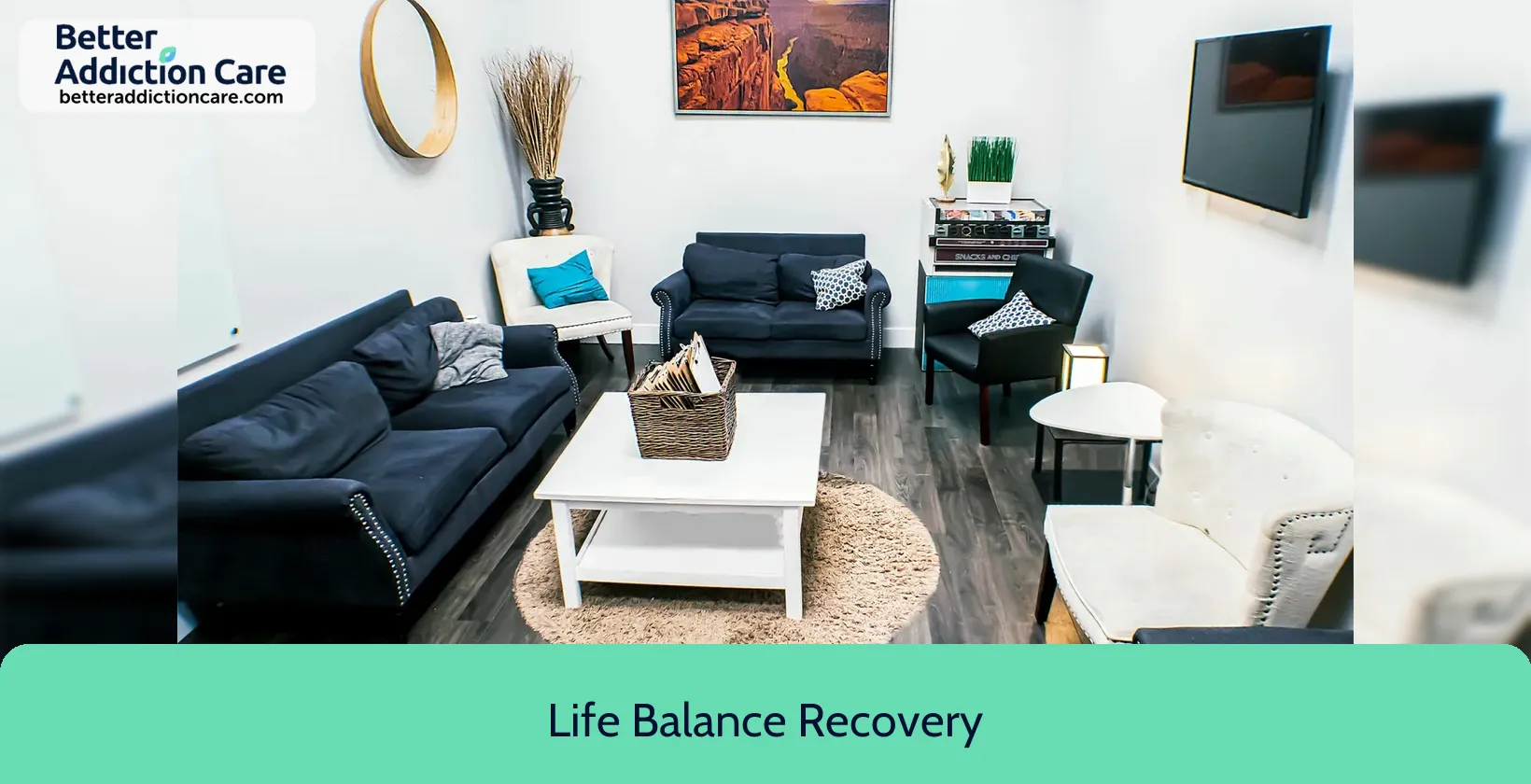

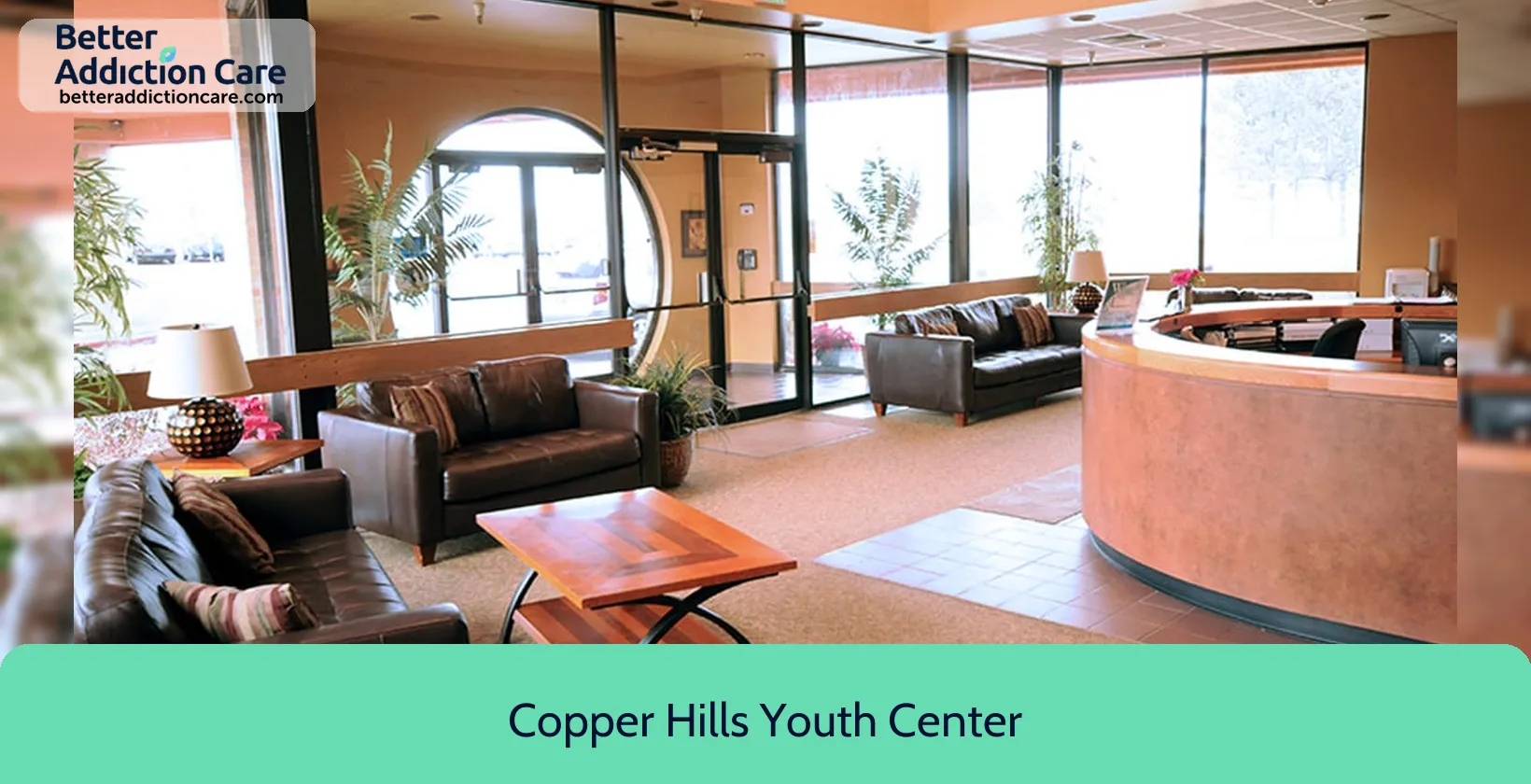
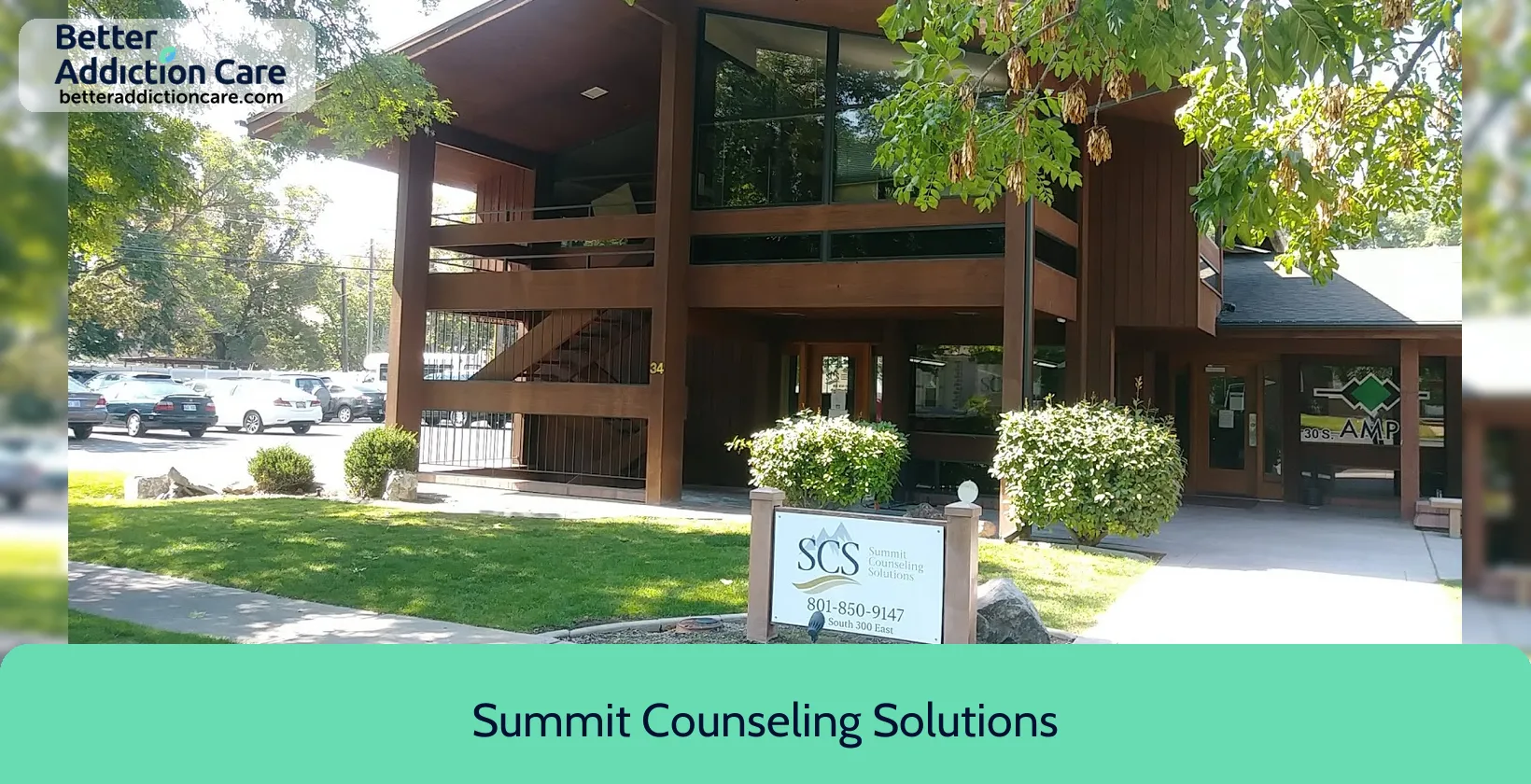

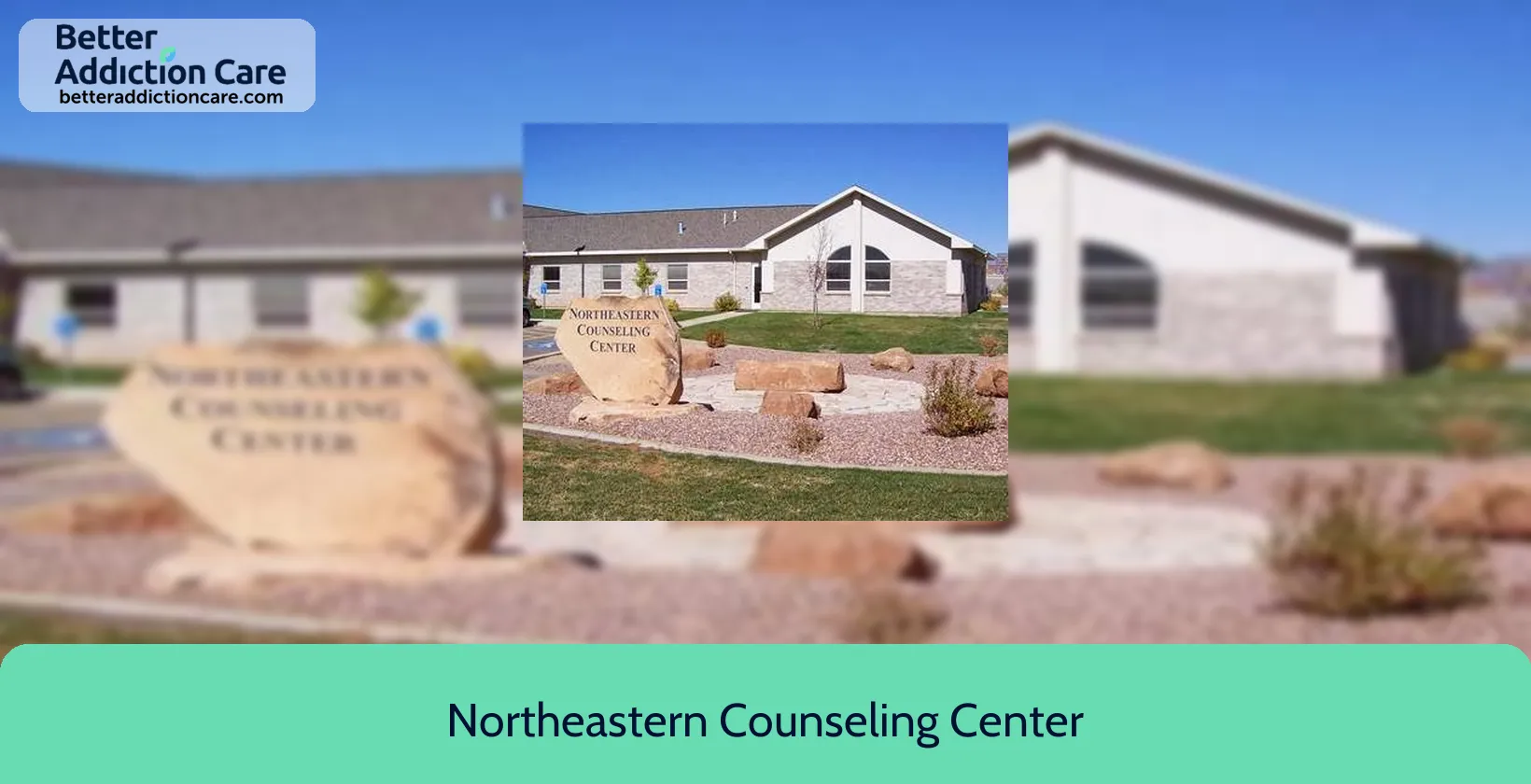
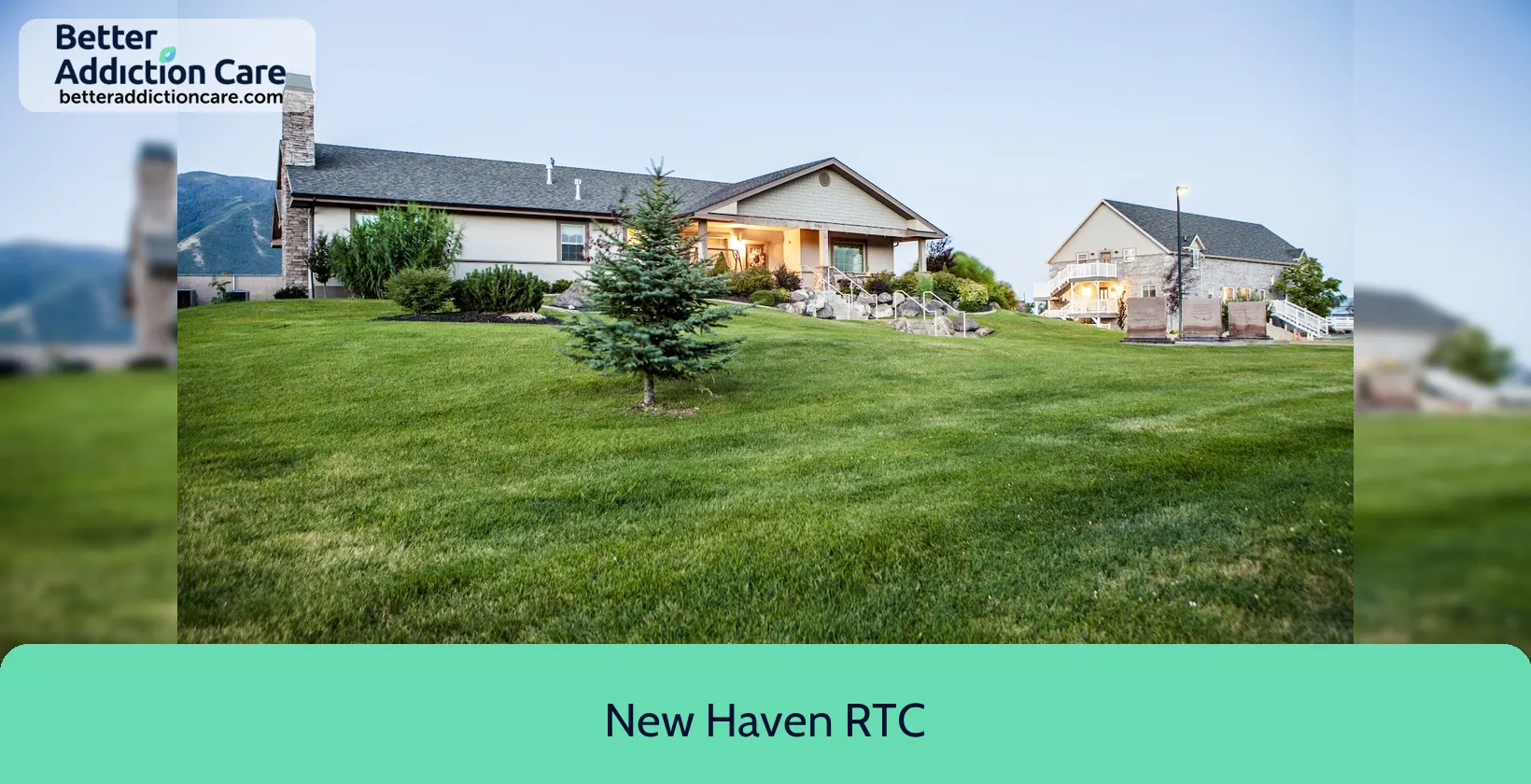




Alcoholism, Drug Abuse, Mental Health, and Treatment in Utah
Utah Summary:
In Utah, 65% of state residents are members of the Church of Jesus Christ of Latter-day Saints, or Mormons. In the Mormon faith, alcohol and drugs are shunned. As a result, alcohol and drug use is relatively low in Utah. However, this does not mean that there aren’t many people in Utah who struggle with substance abuse or addiction. Prescription drug abuse in Utah is on the rise, and the state also sees a concerning number of people who struggle with mental health issues and suicidal thoughts.
For those who suffer from substance abuse, Utah provides residents with a wealth of resources, services and access to treatment centers. There are multiple payment-assisted facilities that accept low-income residents. Utah also has several top-rated, high-quality rehab centers that offer luxury accommodations and comprehensive recovery programs.
Quick Utah statistics:
- Utah state population: 3 million
- Over 5% of people in Utah abuse alcohol or are alcohol-dependent
- Less than 3% of Utah residents abuse drugs or struggle with drug addiction
- Roughly 5% of adults in Utah have a serious mental illness, while 12% of youths ages 12-17 have experienced depression in the past year
Alcoholism in Utah
Utah has some of the lowest alcohol-related deaths in the U.S. The state’s drunk driving rate is also low, with 0.7% of residents reporting driving after drinking too much, which is well under the national average of 1.9%. According to a 2015 survey, slightly over 11% of adults in Utah engage in binge drinking at least once per month.
In Utah, there are both luxury and payment-assisted rehab centers that specialize in alcoholism and substance abuse.
Cold Creek Behavioral Health is a luxury treatment center in North Kaysville. The rehab center provides medically-assisted detox, which is the process of removing drugs and alcohol from the body under the supervision of a medical professional. The facility offers an inpatient (residential) treatment program and each patient’s recovery plan is tailored to their individual needs. Cold Creek Behavioral Health has a family program and offers aftercare support, which involves helping recovering addicts find resources and support after completing a stay in rehab. The facility also provides treatment for video game addiction, sex addiction, gambling addiction and pornogrophy addiction.
For those seeking a payment-assisted option for rehab, Utah Addiction Centers is a facility in Eagle Mountain, which is just outside of Provo. The treatment center has an inpatient, outpatient and intensive outpatient program, which is designed for those who need a structured treatment program, but wish to live at home due to work, school or family commitments. Utah Addiction Centers is focused on offering a holistic recovery model, which aims to treat patients by their addressing all career, physical, familial and spiritual aspects of their lives. Located on a campus featuring mountain views, Utah Addiction Centers seeks to provide an affordable treatment option for those struggling with addiction and substance abuse.
Drug Abuse in Utah
Like many other states in the U.S, Utah has seen an increase in prescription drug abuse in recent years. Data released in 2016 revealed that each week, an estimated six people in Utah die from prescription opioid overdose. In 2014, roughly one-third of adults in Utah were prescribed an opioid pain medication. For some, abusing prescription opiates can lead to heroin addiction.
The state of Utah offers a wide array of treatment options for those struggling with drug abuse or addiction, including both luxury facilities and payment-assisted rehab centers.
Renaissance Ranch is a rehab center in Riverton that offers luxury accommodations for participants enrolled in an inpatient treatment program. At Renaissance Ranch, patients have the opportunity to engage in a variety of holistic-focused therapy methods, such as Experiential Therapy and Nutritional Therapy, which is a way of treating physical, emotional and medical issues through one’s diet. Renaissance Ranch offers 60-day gender specific treatment programs, with the option to receive continued care and recovery coaching for a longer period. Surrounded by the Wasatch mountains, Renaissance Ranch provides participants with a calm, serene environment to focus on overcoming addiction, away from the stress and demands of daily life.
Located in West Provo, New Roads Treatment Center is a payment-assisted facility that offers an inpatient (residential) treatment program. The treatment center provides 24-hour clinical care and is designed for young adult men and women between the ages of 18-28. New Roads Treatment Center has two programs: the Path Program for young men and the Worth Program for young women. In addition to treating substance abuse, the facility also treats young adults with Borderline Personality Disorder. At New Roads Treatment Center, participants engage in a host of recreational activities, including skiing, hiking, bowling and basketball. The facility also offers semi-independent apartment living, life skills classes and education and internship opportunities.
Mental Health in Utah
According to data from 2015, over 20% of people in Utah struggle with depression. Like other states that encompass the Rocky Mountains, Utah also concerned with the number of residents who commit suicide or have suicidal thoughts. Some researchers think there might be a connection between living in a high altitude climate and one’s mental health.
For Utah residents dealing with a serious mental illness or any type of mental health issue, there are several facilities that offer treatment for conditions such as major depression, anxiety disorders, schizophrenia and bipolar disorder.
One payment-assisted option for mental health treatment is the Salt Lake City VA Med Center - Mental Health Service, a public facility in Salt Lake City. The treatment center specializes in mental health treatment and offers both an inpatient and outpatient program. The facility also treats co-occurring substance abuse and mental health issues. Many people who struggle with addiction also suffer from some type of mental or behavioral health condition. The Salt Lake City VA Med Center accepts Medicaid, Medicare and private health insurance and also has a special program for active duty military seeking treatment for a mental health problem.
What are the best rehab centers in Utah?
The state of Utah provides residents with many options for substance abuse and addiction treatment. There are treatment centers that offer some type of payment assistance or provide state-financed treatment programs for low-income residents. There are also a number of luxury rehab centers, which offer a high level of care, along with upscale accommodations and amenities.
One top-rated luxury rehab center in Utah is Cirque Lodge - Ida's Road in Provo. The Cirque Lodge treatment center is situated at the base of Mount Timpanogos in the Cascade Range of the Wasatch, offering a secluded and natural environment for patients in recovery. The lodge has both private or shared bedrooms with reading and relaxation areas, fireplaces or wood-burning stoves and jetted tubs. The facility also has an exercise room and a circular meditation room. Amenities like these make the Cirque Lodge a place where someone can focus on their recovery and receive the best holistic treatment for substance abuse.
Chateau Recovery in Midway is another high-quality, luxury treatment center in Utah. The Chateau Recovery rehab center is focused on the 12-step model of recovery and patients have the option to engage in a variety of therapy methods during treatment. Chateau Recovery offers patients deluxe accommodations in a remote mountain setting, which is conducive to rehabilitation.
A third option for rehab centers in Utah that provide luxury amenities is Acqua Recovery Center, which is also located in the resort town of Midway. Situated on a 12-acre campus on the back side of Park City, the facility offers a peaceful setting surrounded by mountains, lakes and waterfalls. At Acqua Recovery Center, participants are encouraged to engage in recreational activities like rock climbing and archery. The facility also has a full-service gym with a yoga studio and a sauna.
Are there any free rehab centers in Utah?
There are rehab centers in Utah that have payment-assisted, low-cost or state-financed treatment programs. Multiple facilities in Utah accept Medicaid or Medicare. To qualify for Medicaid, residents must either be a parent, pregnant, under the age of 19 or living within a specific low-income bracket. Medicare is a government-run healthcare program for senior citizens over the age of 65.
Utah’s Division of Substance Abuse & Mental Health offers information, services and resources for residents in need of addiction treatment or mental health care. Some of the public and private treatment centers in Utah operate on a sliding fee scale, which is based on your income level.
Even if Medicaid or other payment-assisted options might not cover the full cost of drug and alcohol rehab treatment, they can significantly reduce the cost of an inpatient or outpatient program. For Utah residents struggling with addiction or substance abuse, there are many state services and resources that can help them find an affordable option for rehab.
Utah: Looking Ahead
Utah currently has a robust network of services, facilities and support systems for residents seeking treatment for alcoholism, drug addiction or a mental health condition. The state has a designated Suicide Prevention Coalition that works with local health clinics to promote mental health resources and increase community suicide prevention efforts. Utah is also working to address the increasing prevalence of opioid abuse and opiate-related overdose deaths in the state. New laws are being enacted to widen access to Naloxone or Narcan, which are used in the event of an opioid overdose.
The beauty of Utah’s landscape provides those in recovery the opportunity to overcome their struggles in a tranquil environment surrounded by nature. Luxury rehab centers in Utah may be a good option for out-of-state residents seeking a holistic or outdoor-focused treatment program. In Utah, there are multiple options and resources for addiction treatment, whether you’re seeking an upscale rehab facility in a mountainside setting, or a payment-assisted treatment center in your local community.
